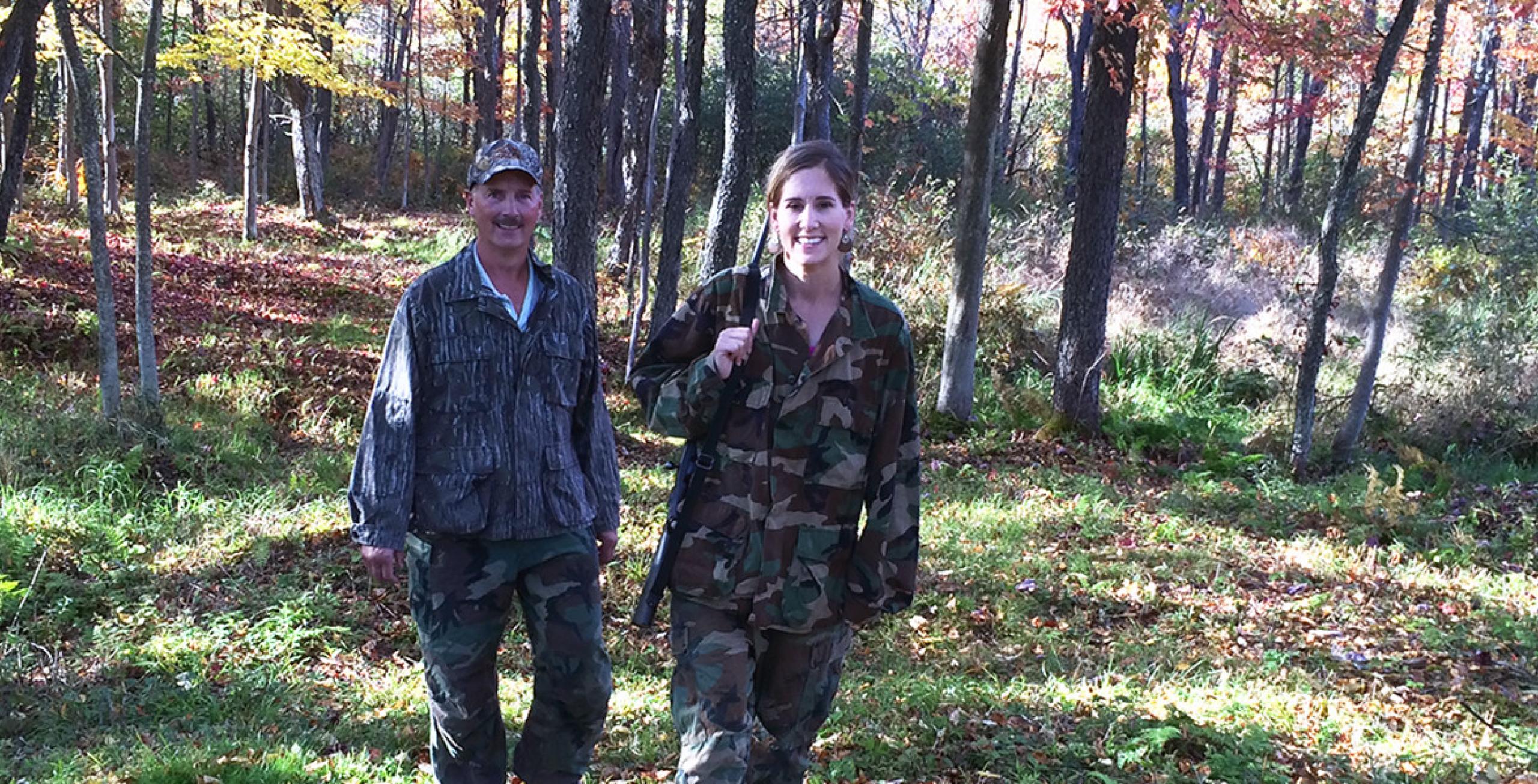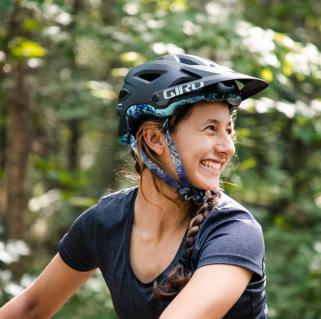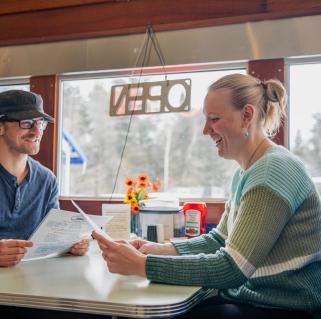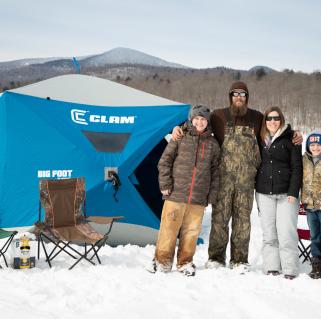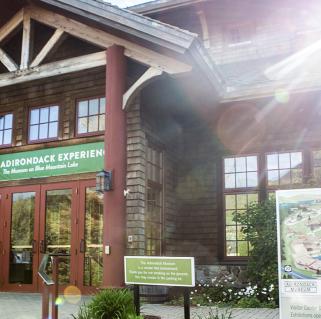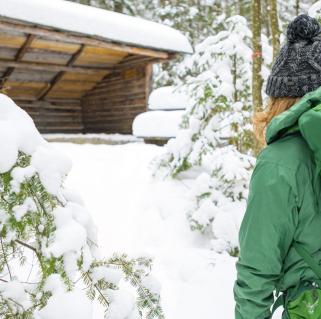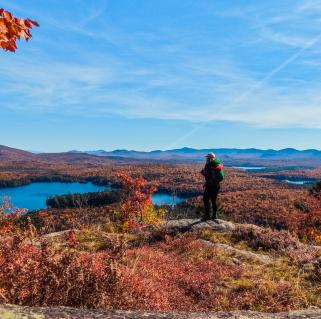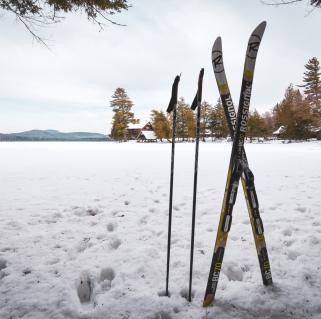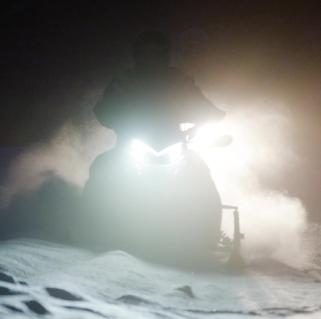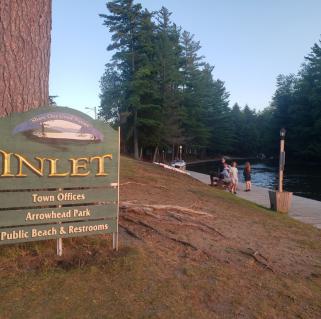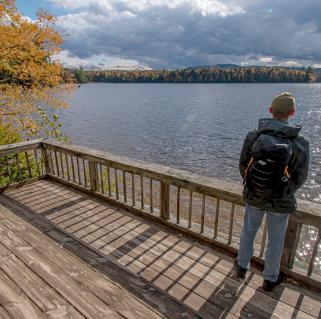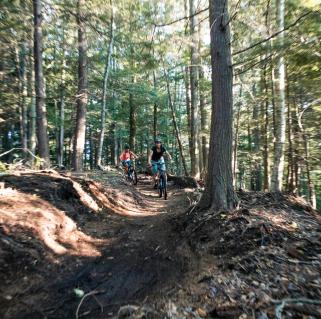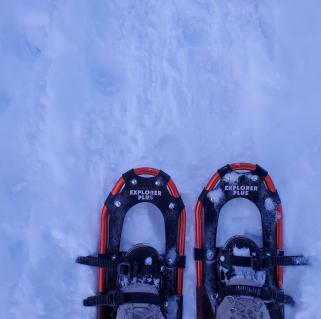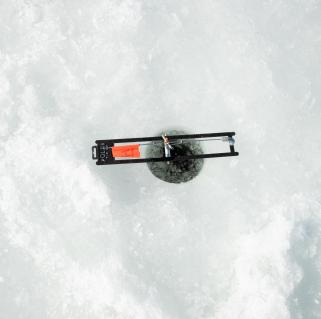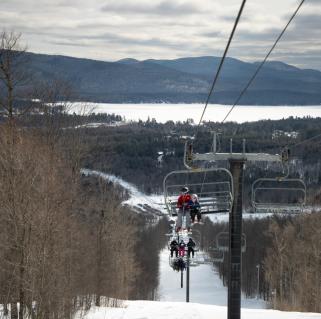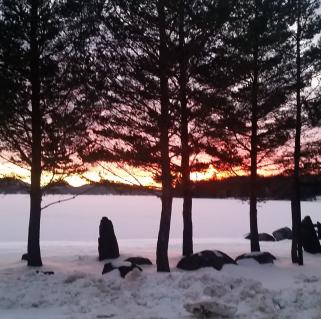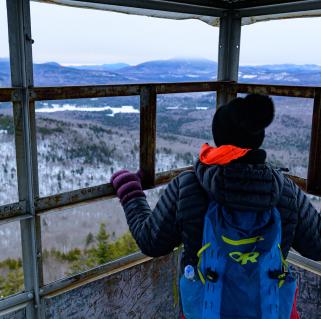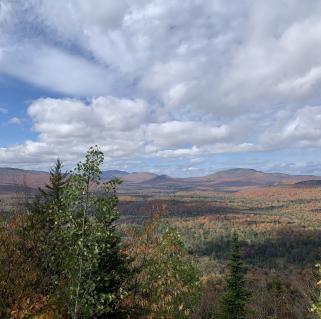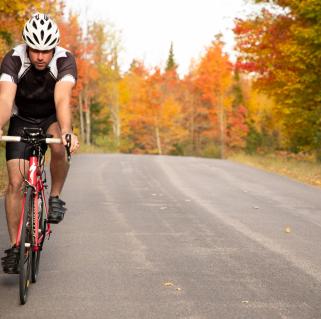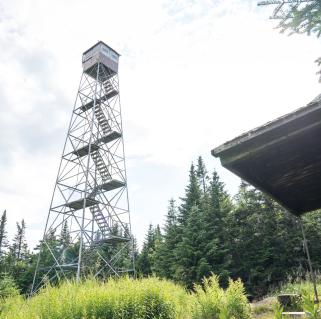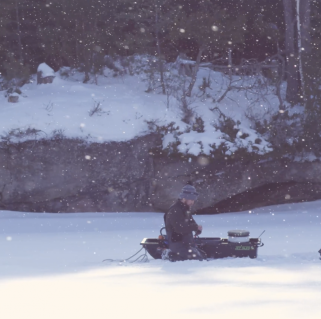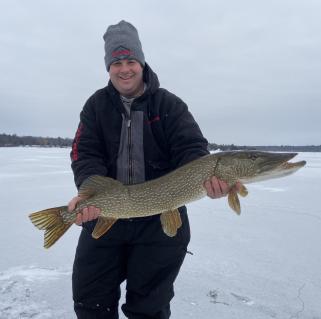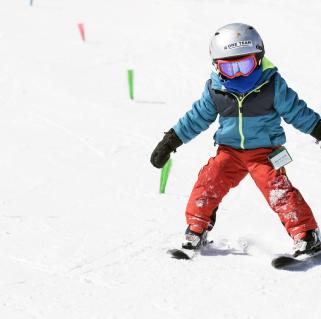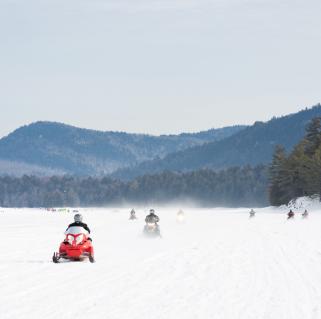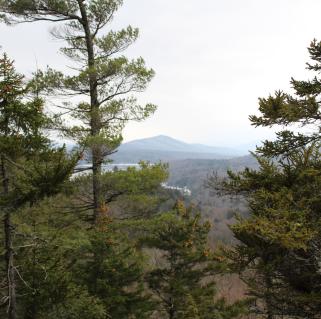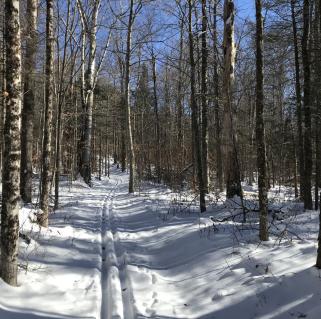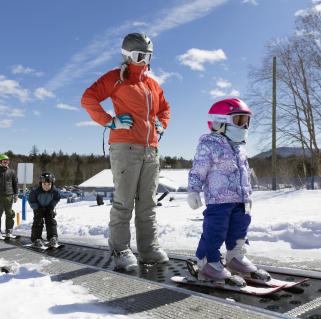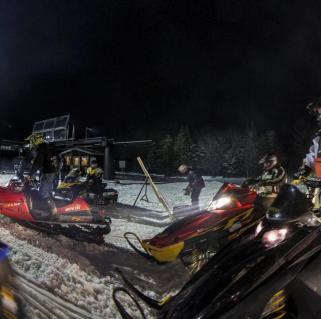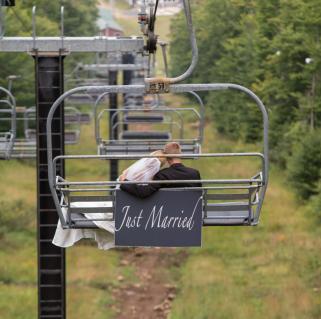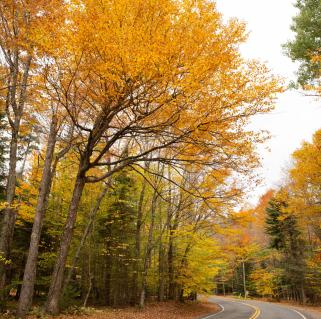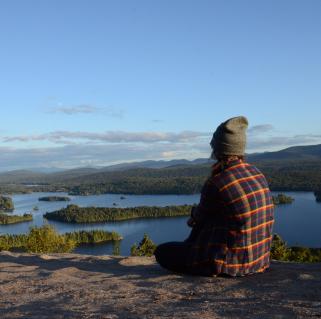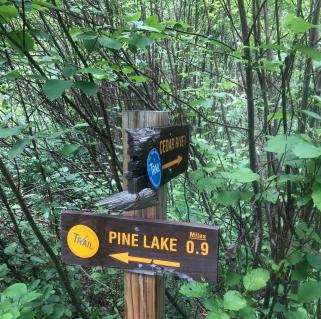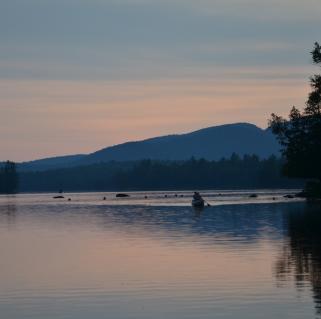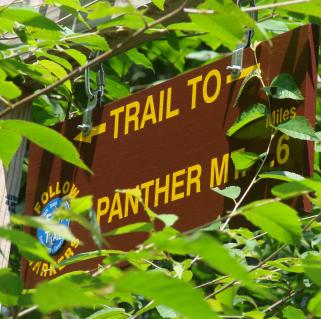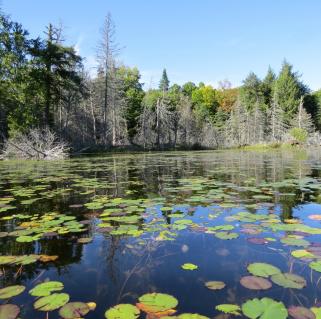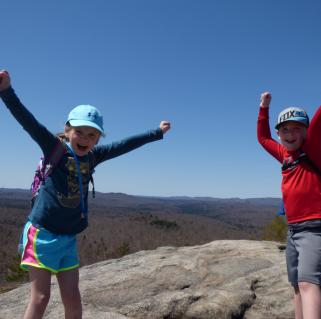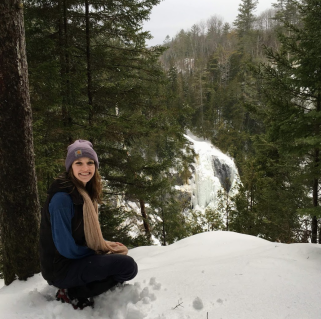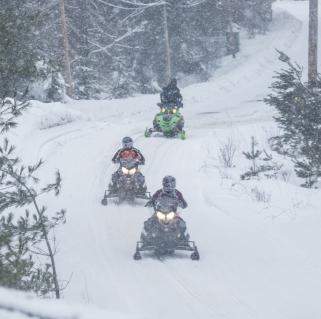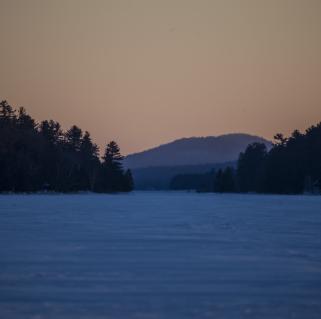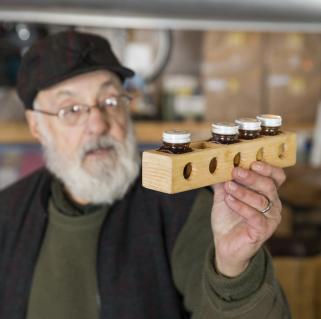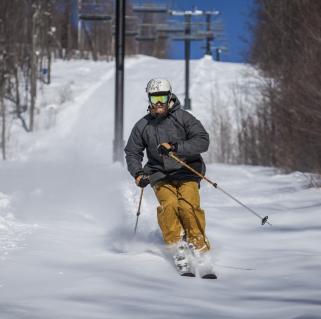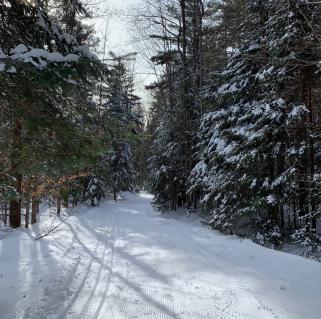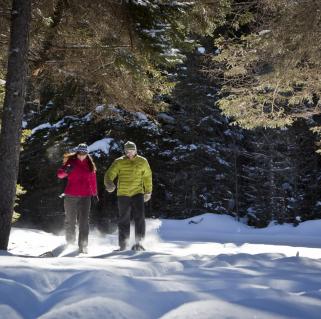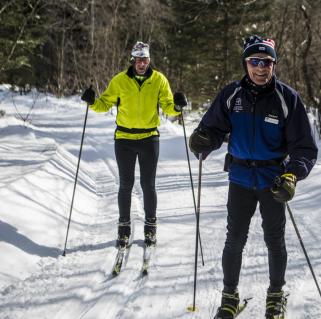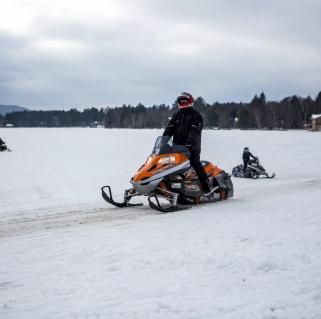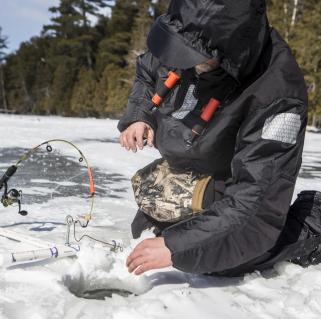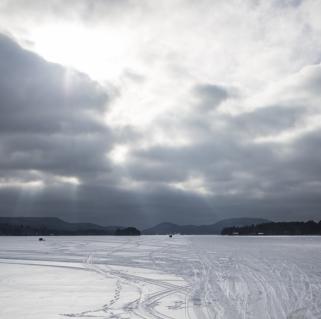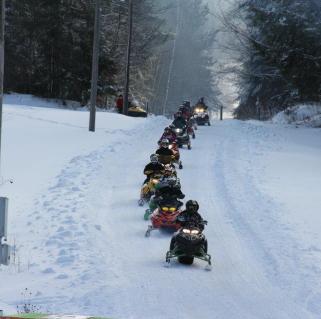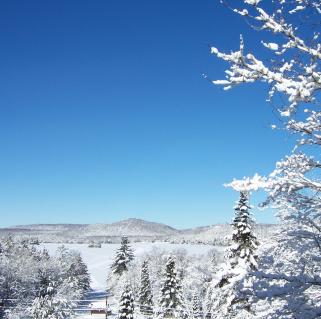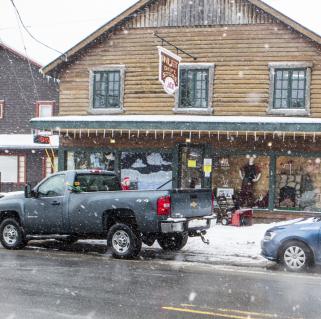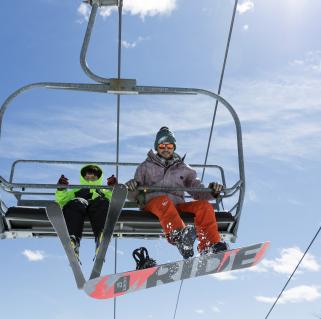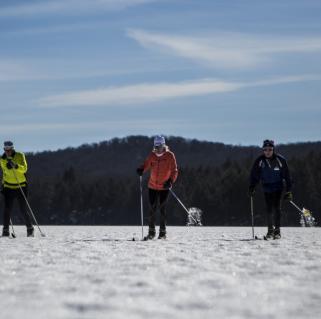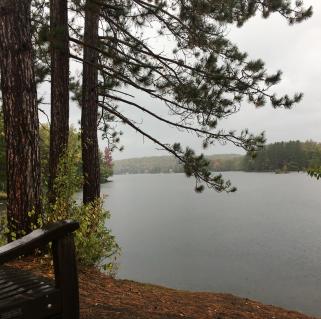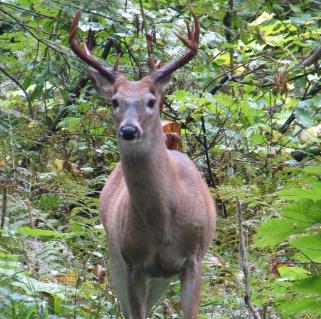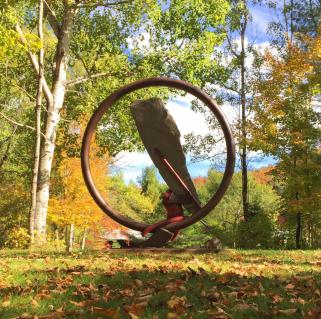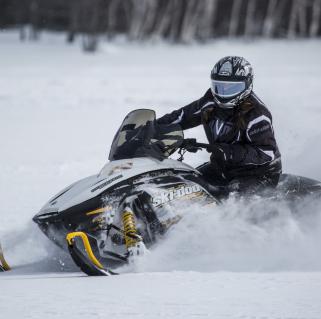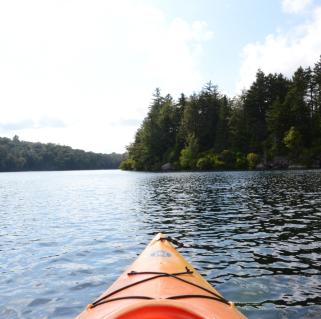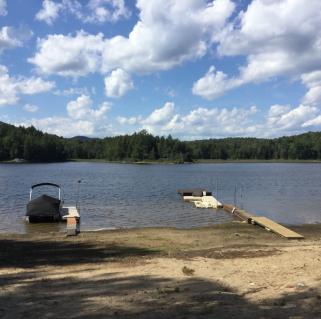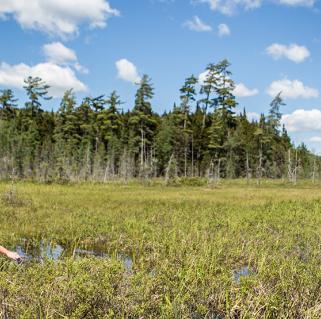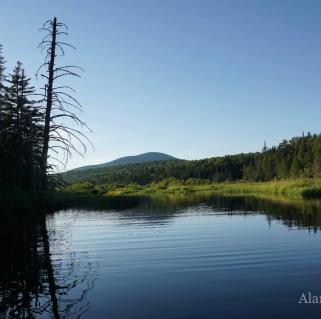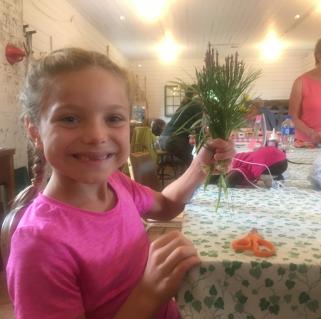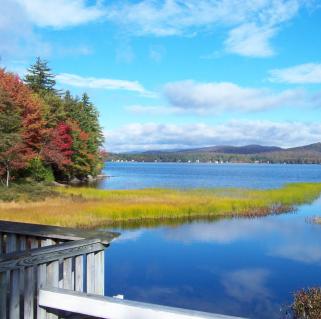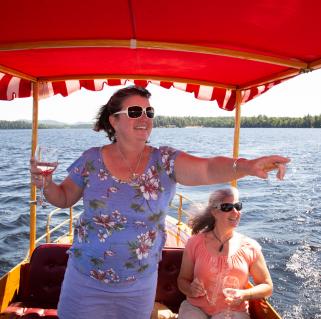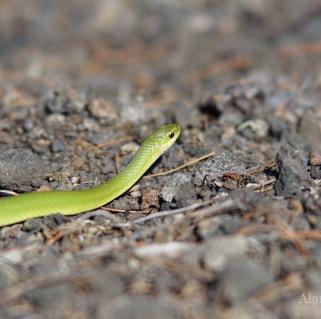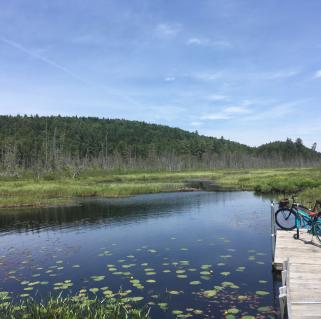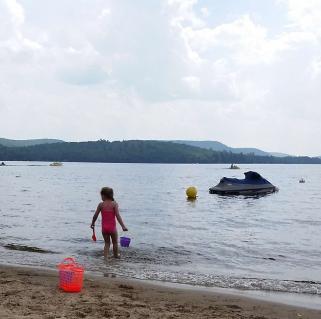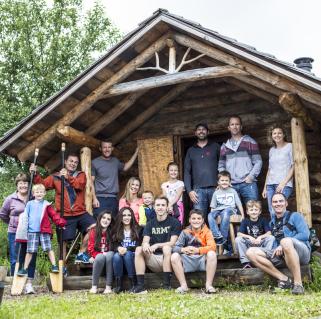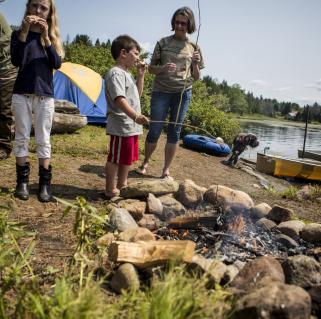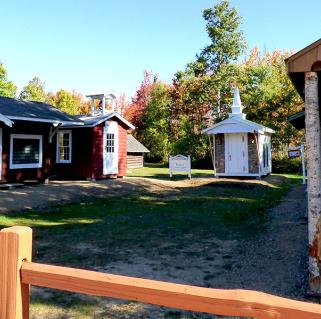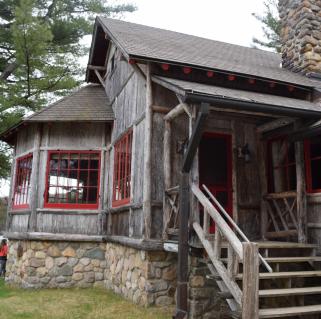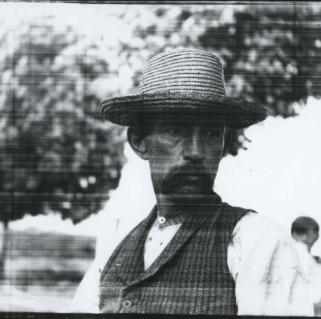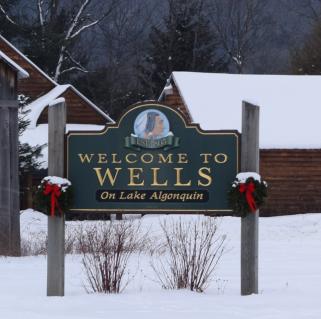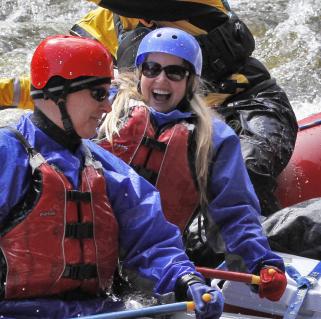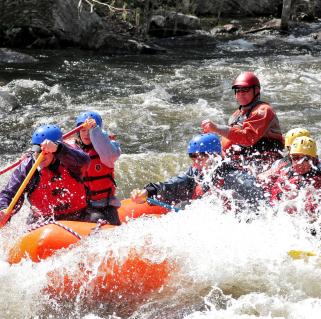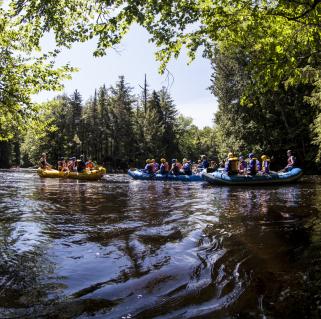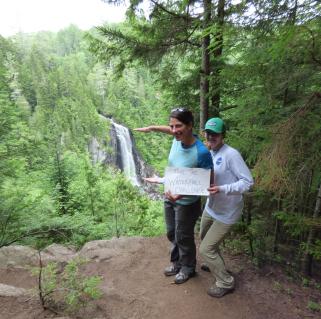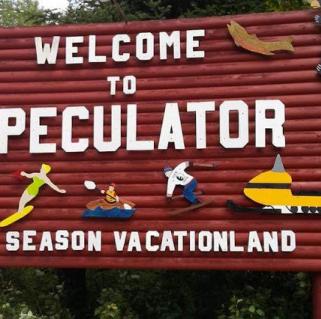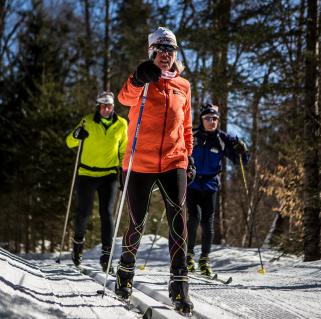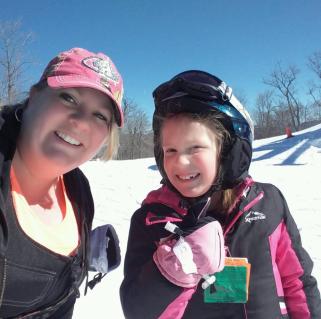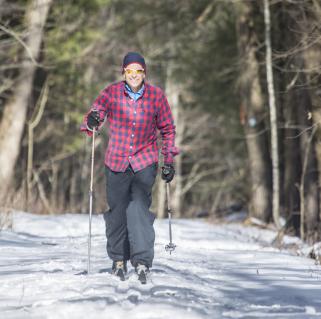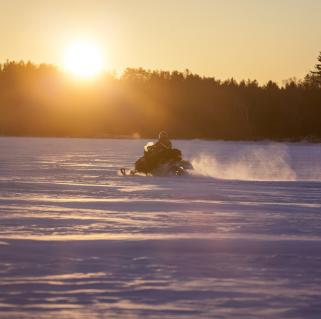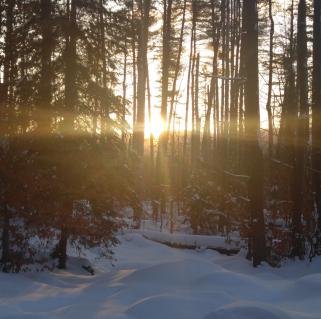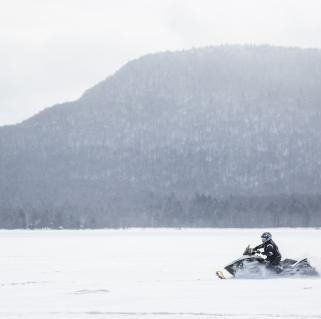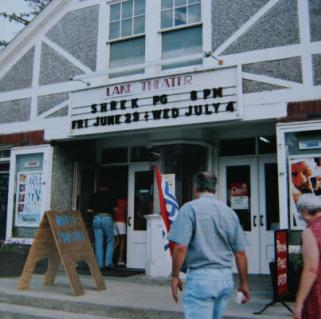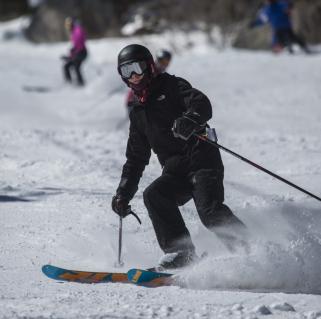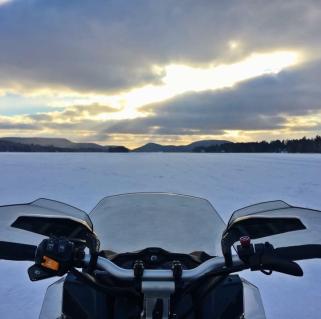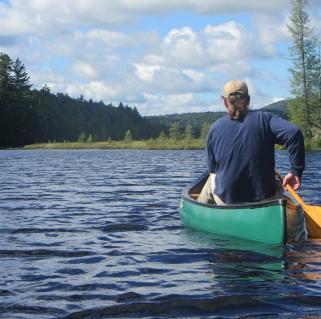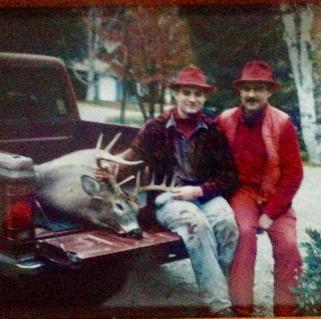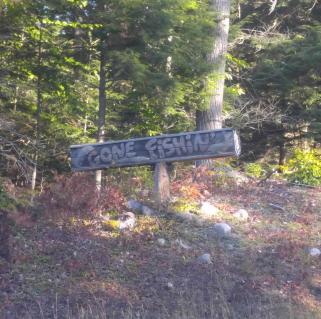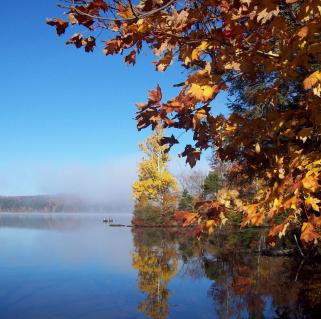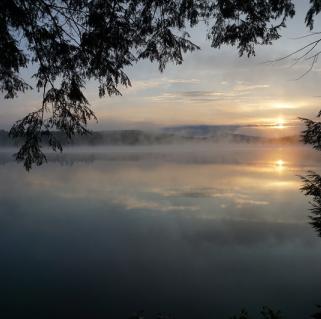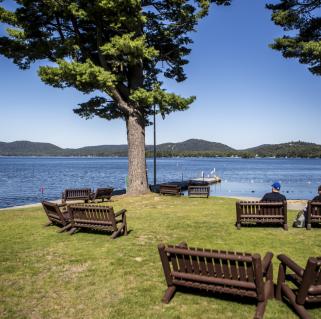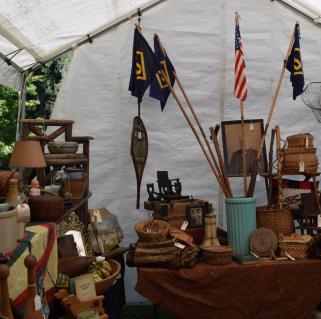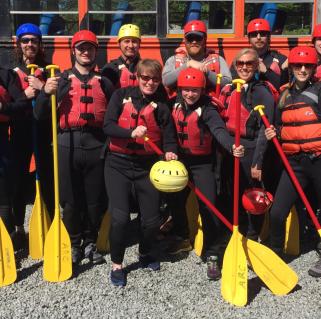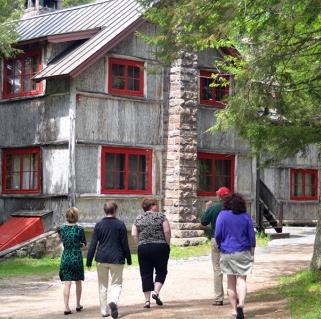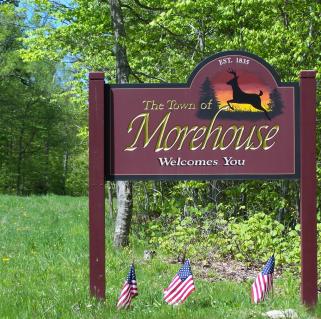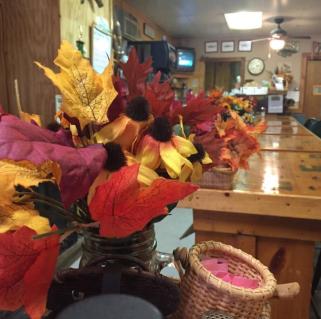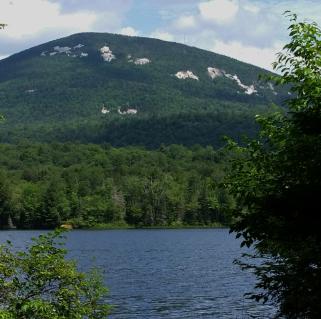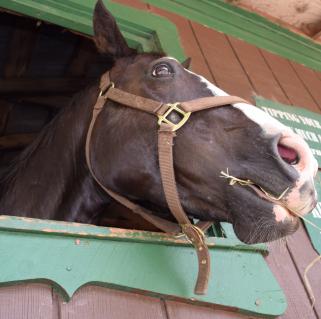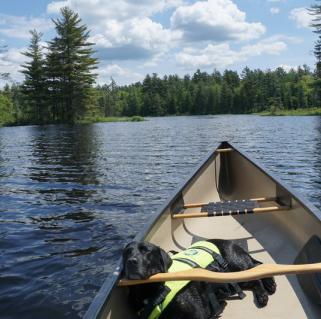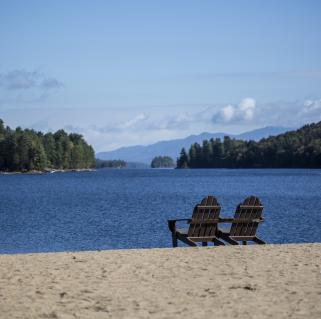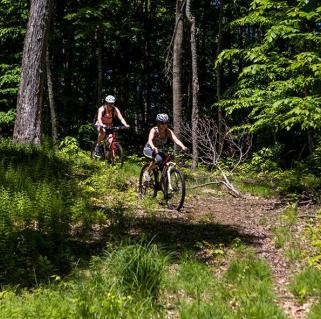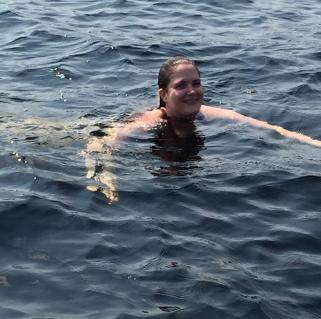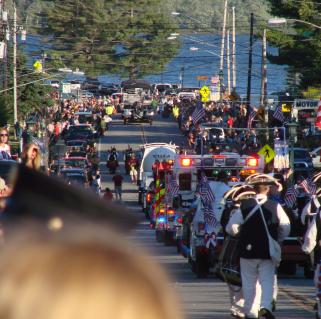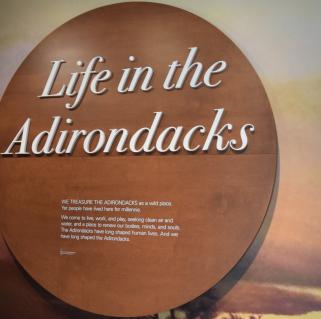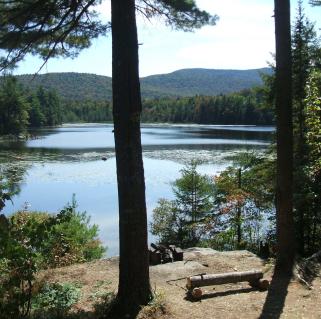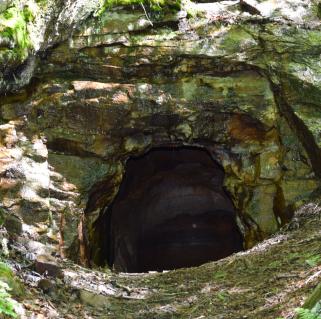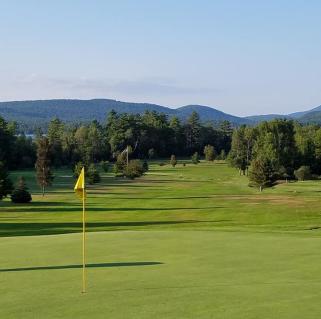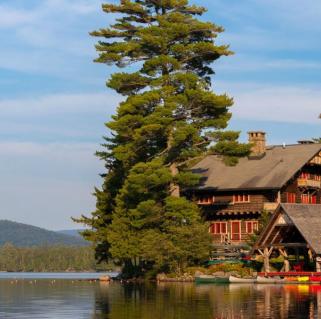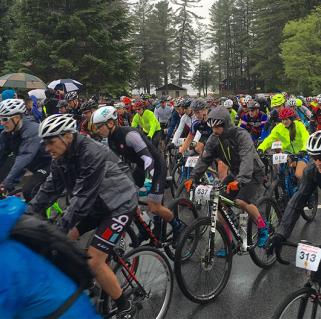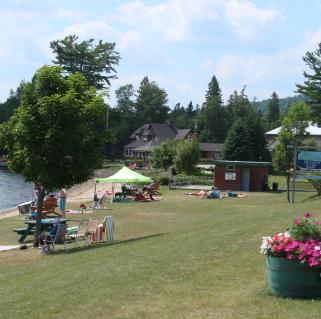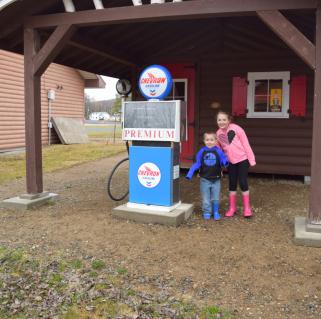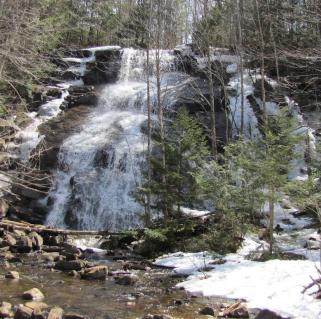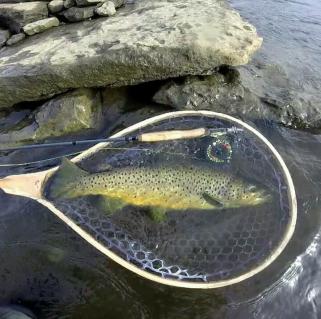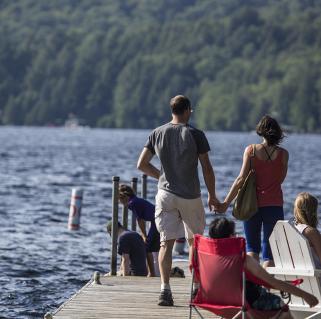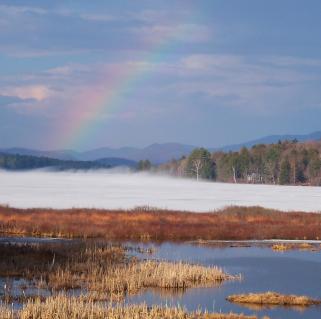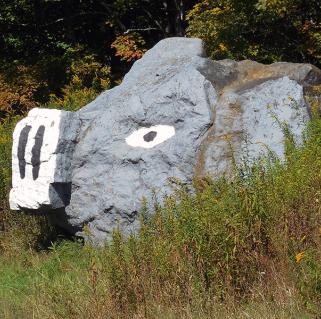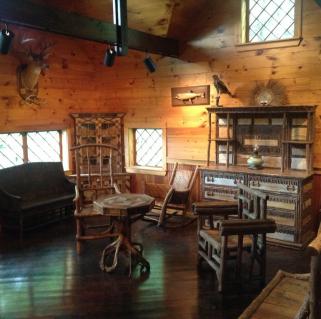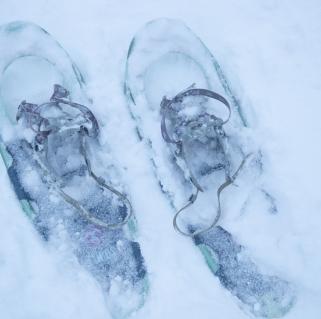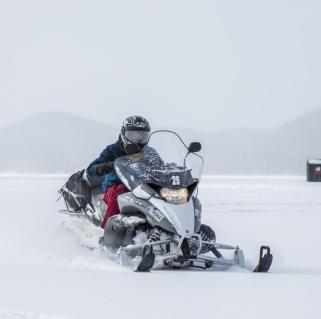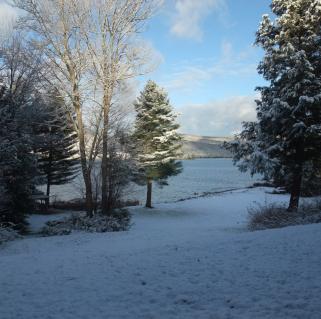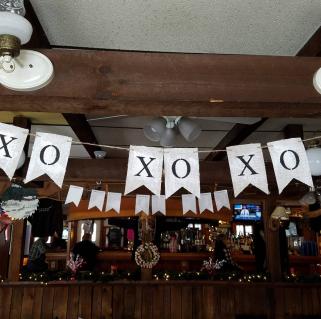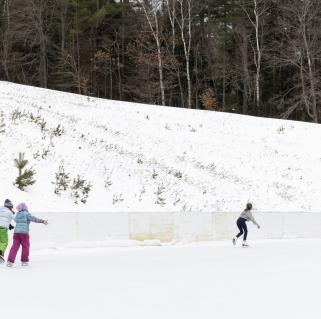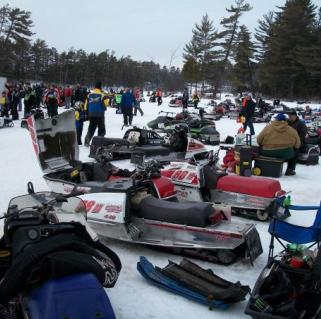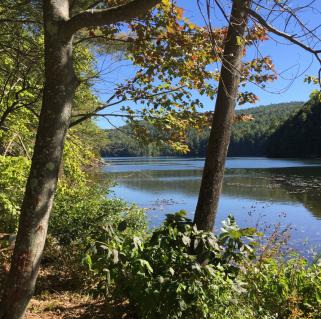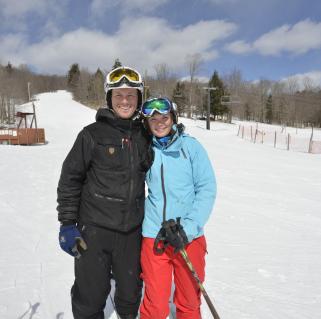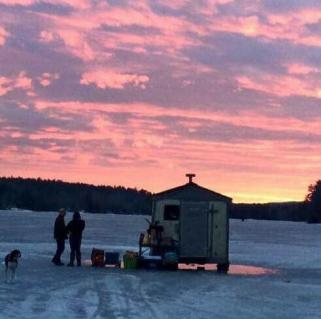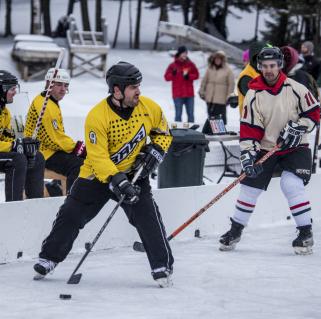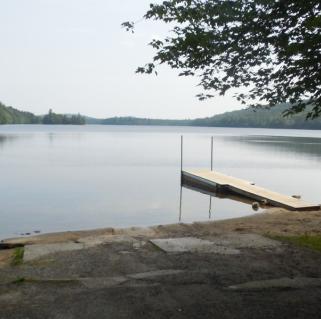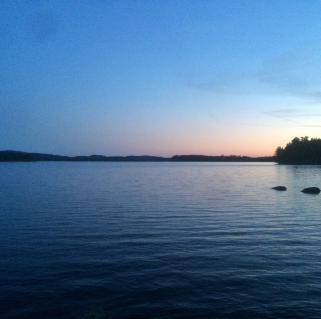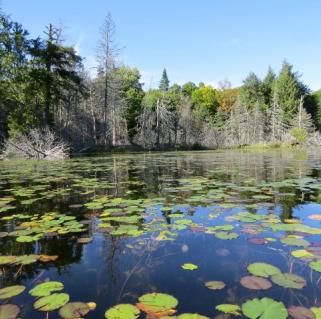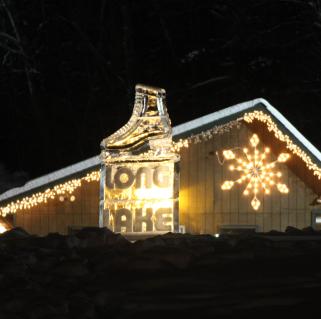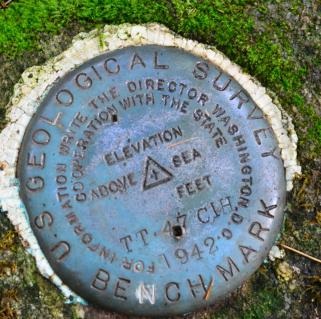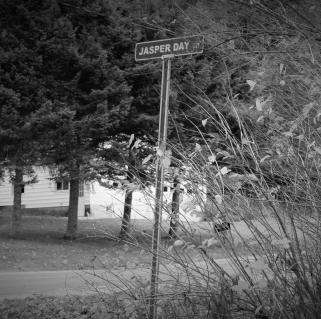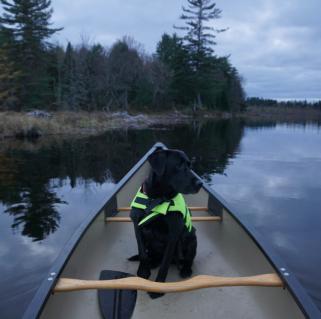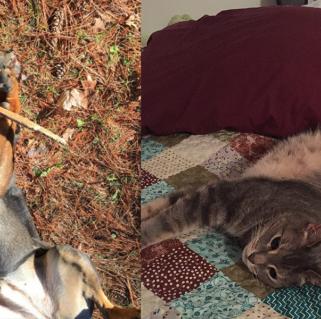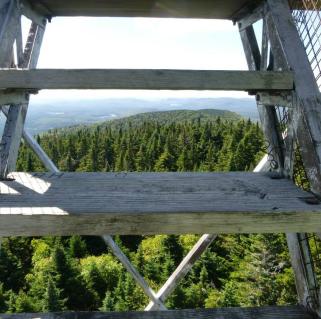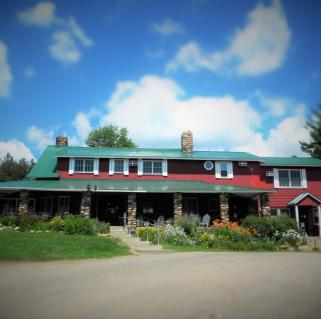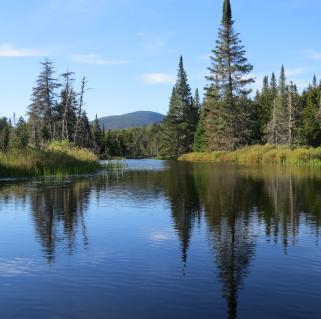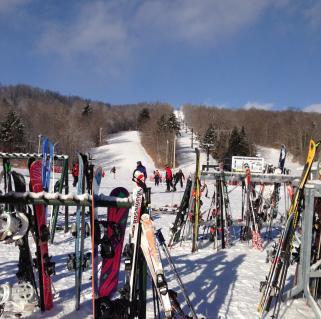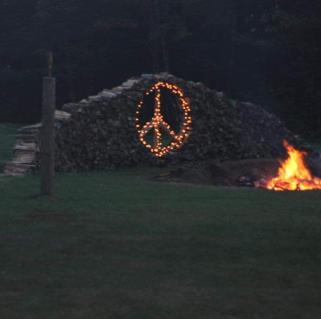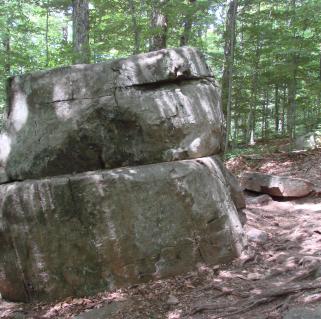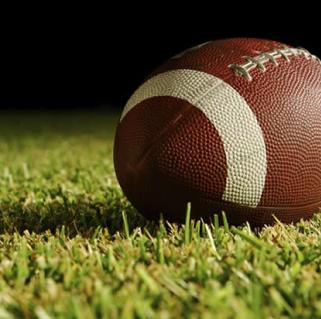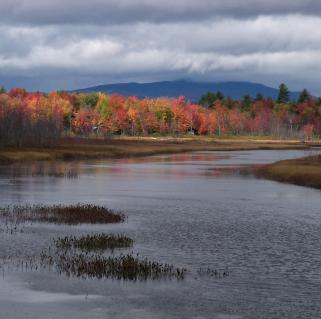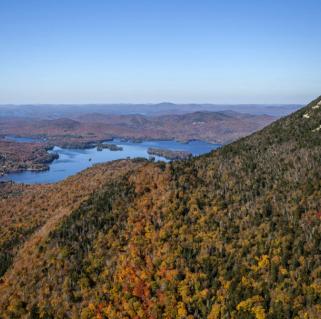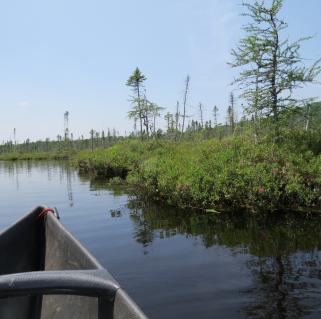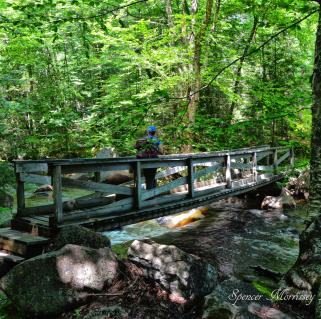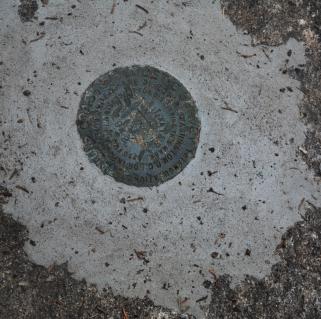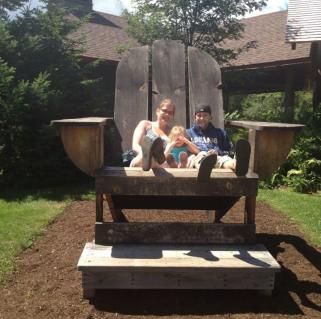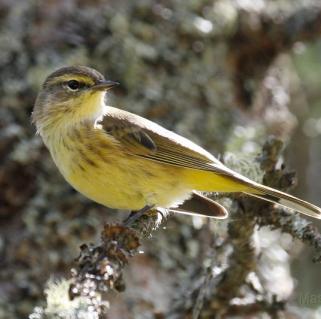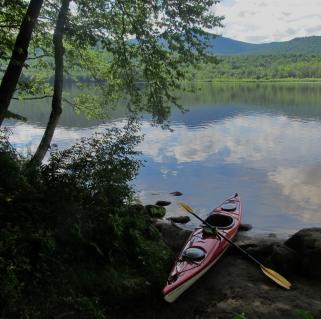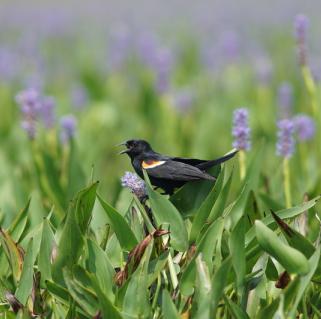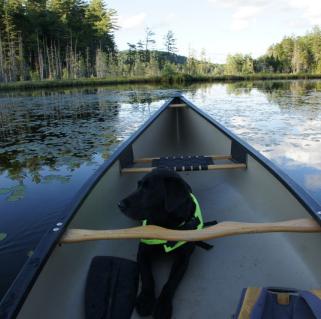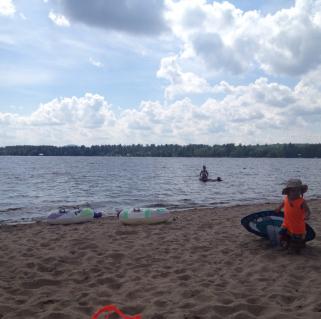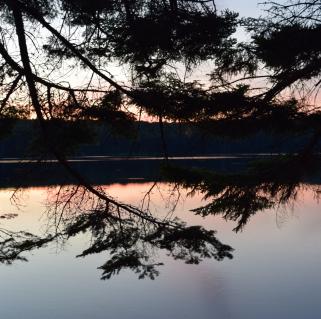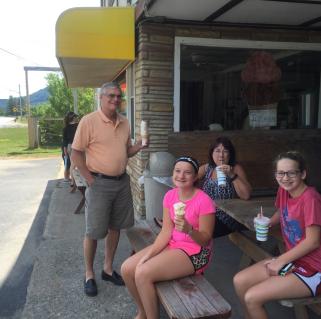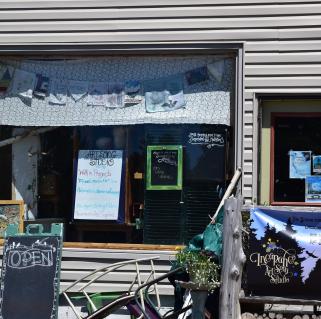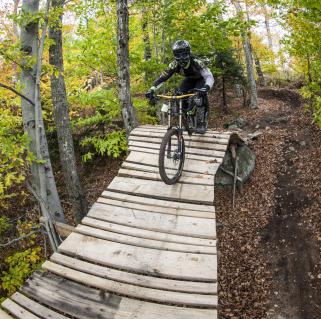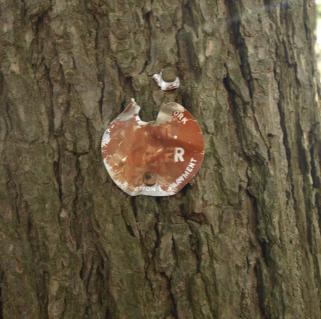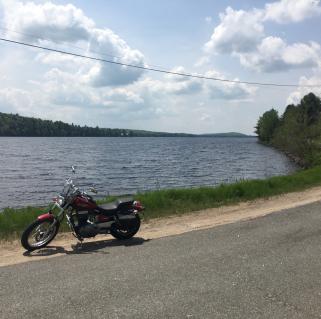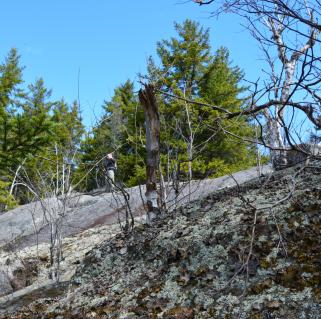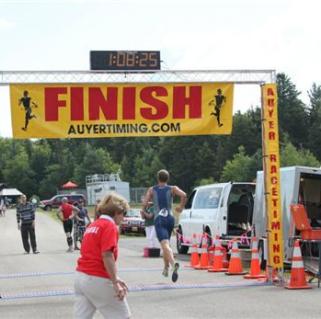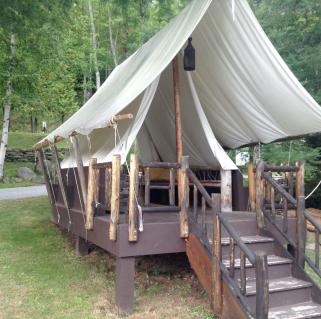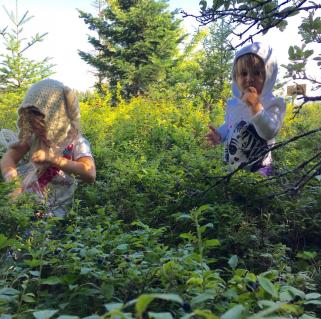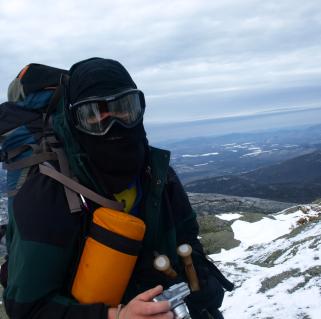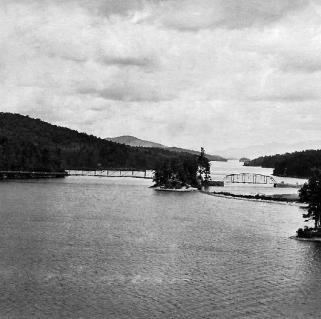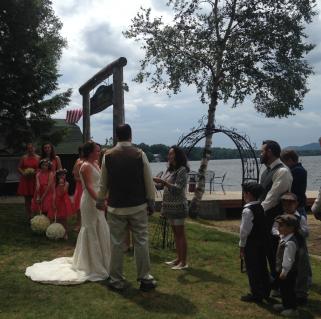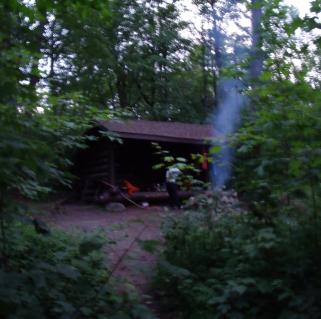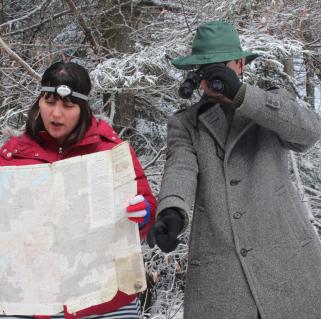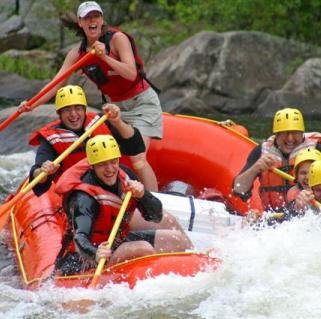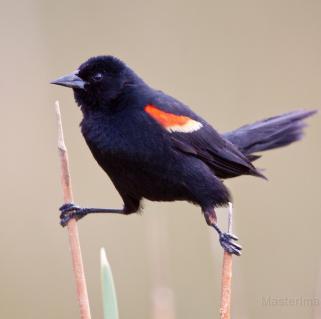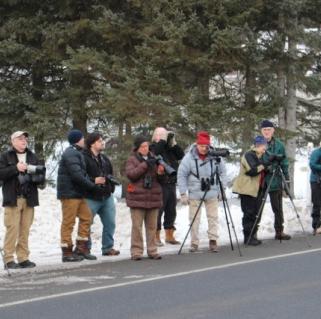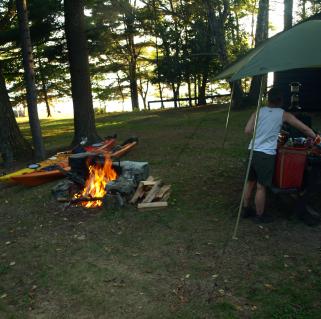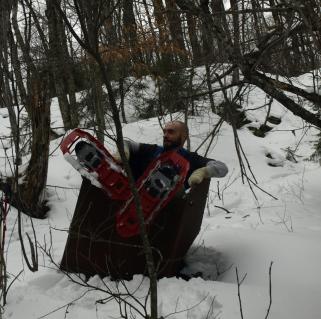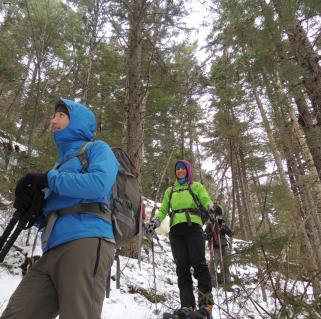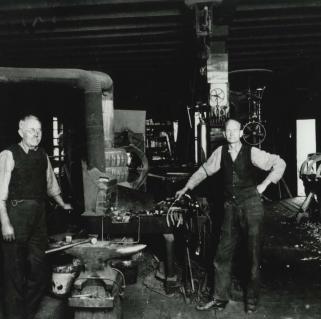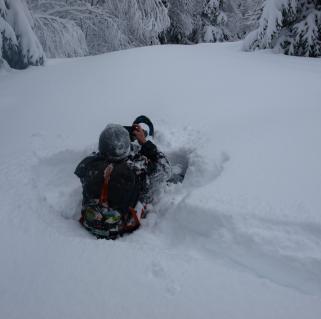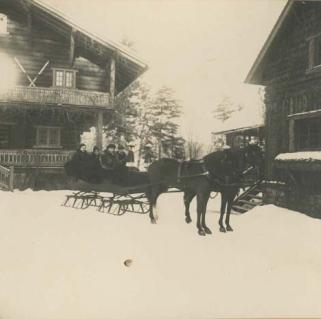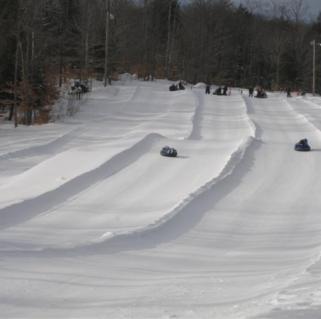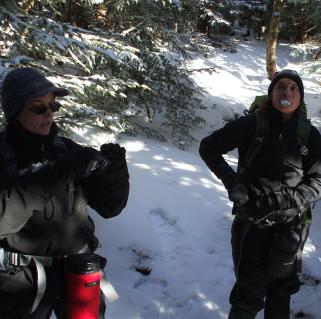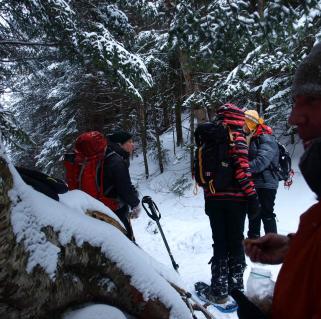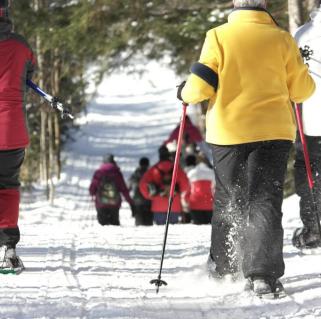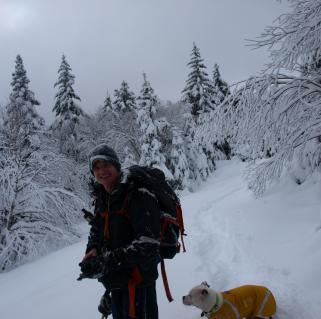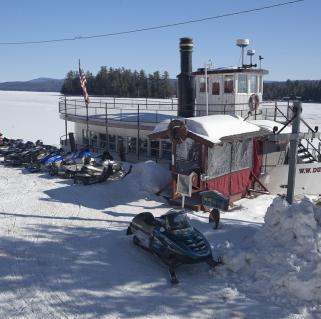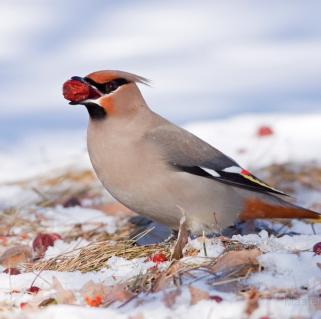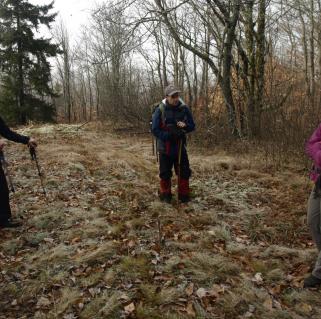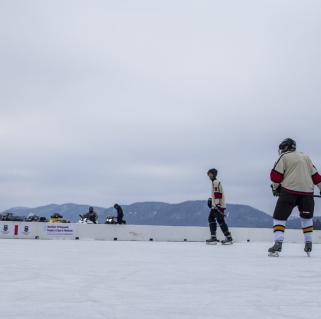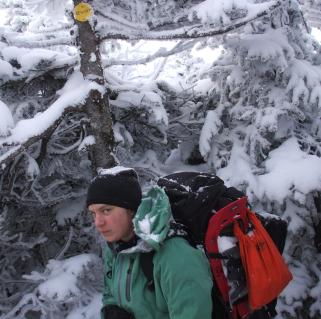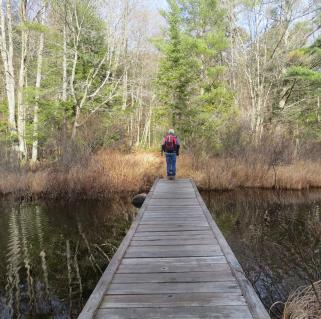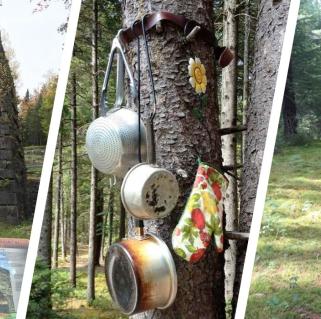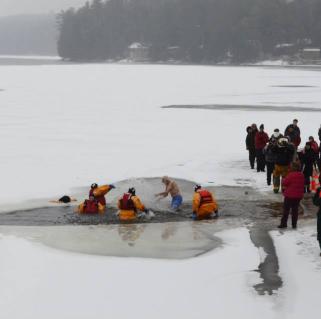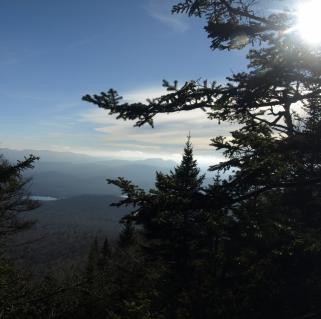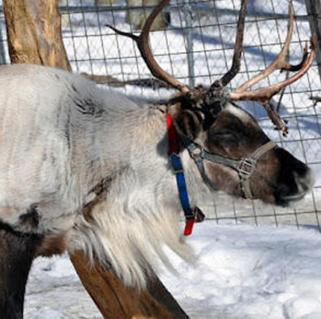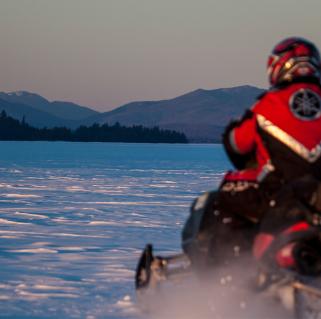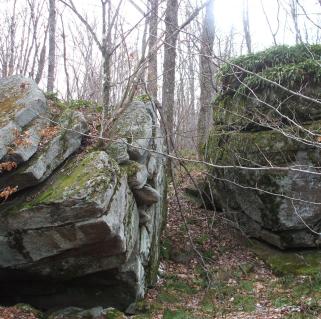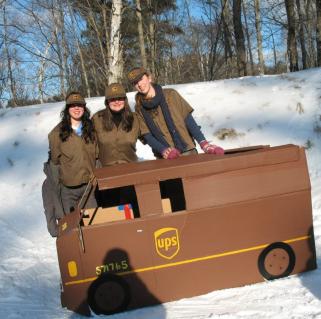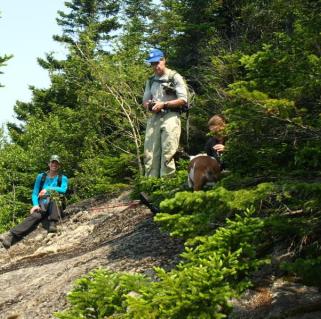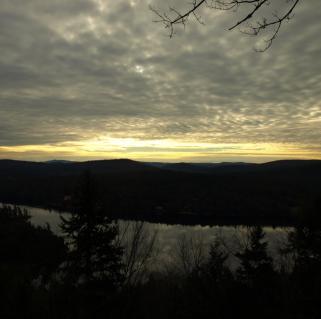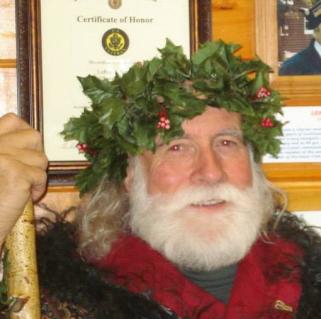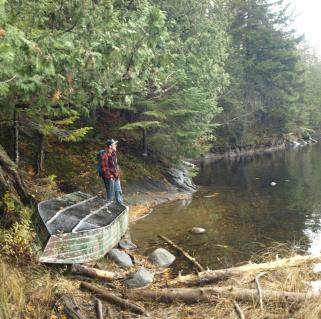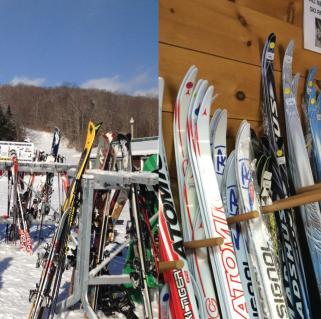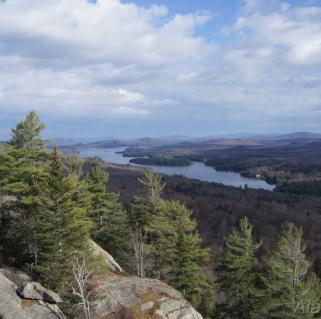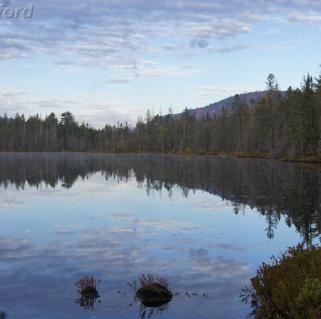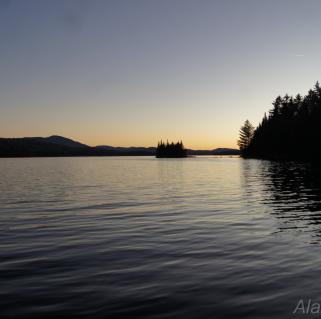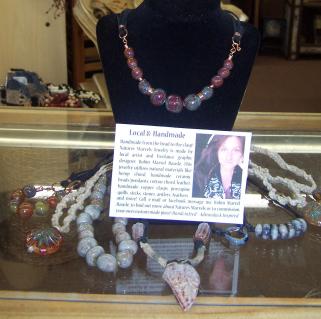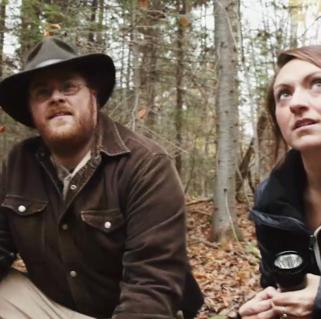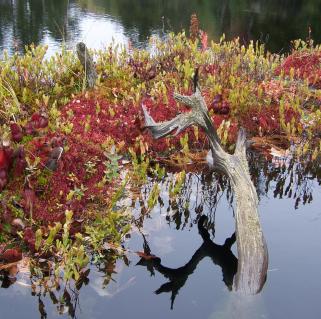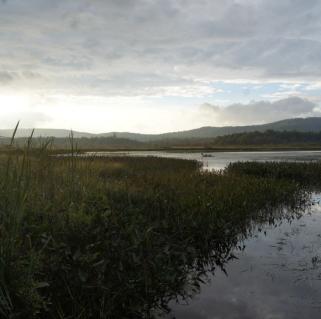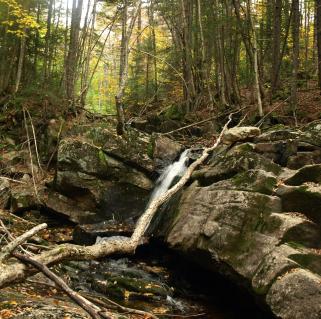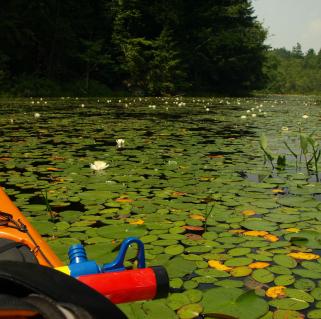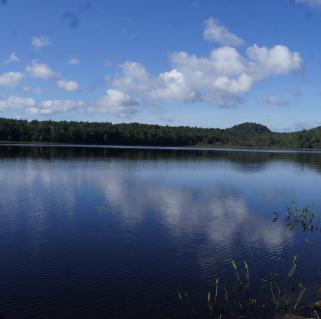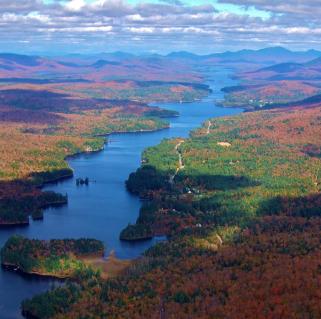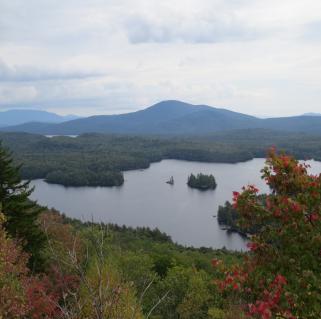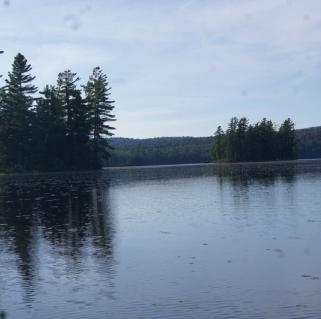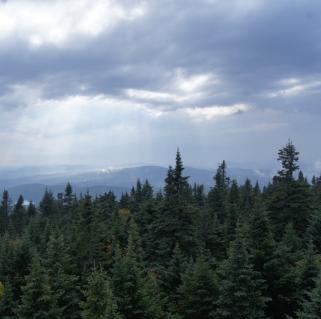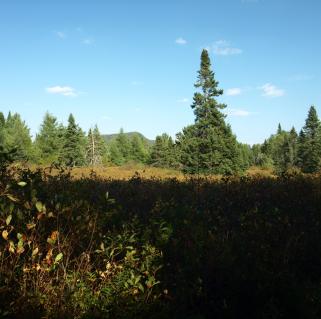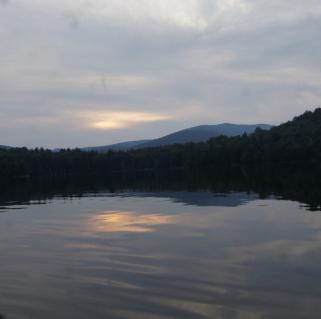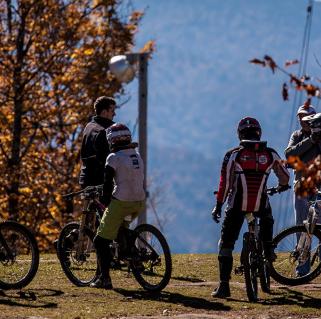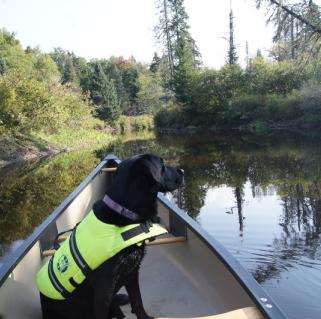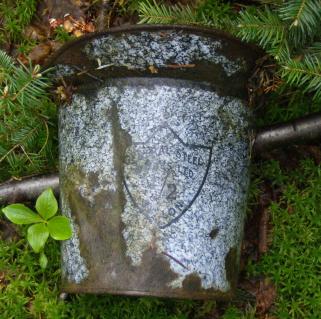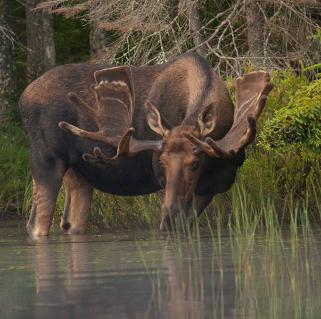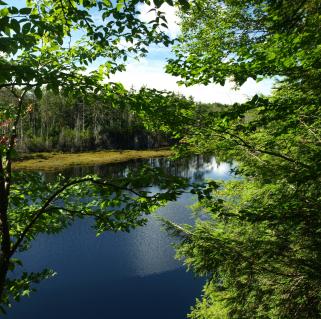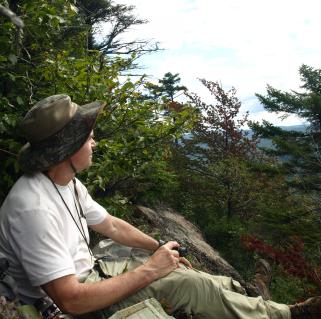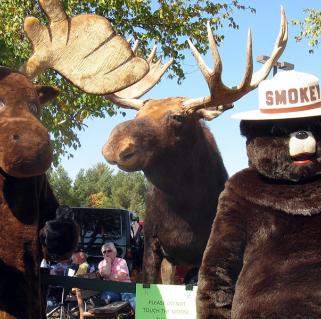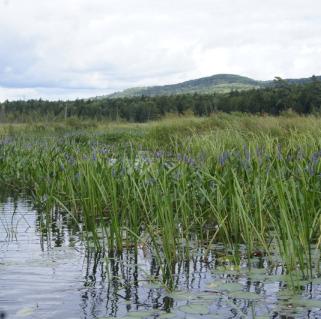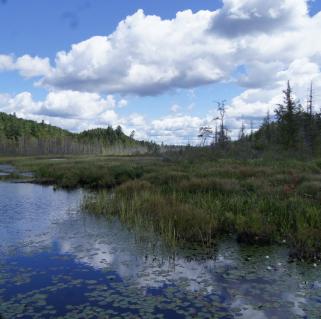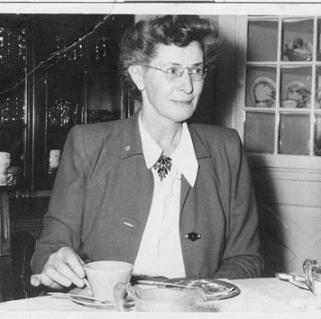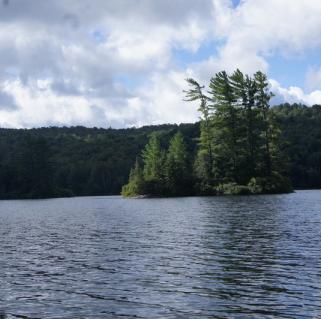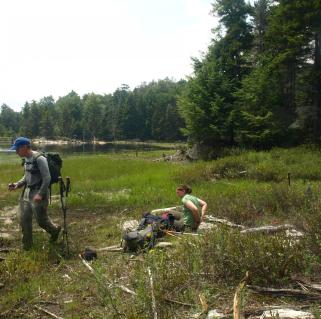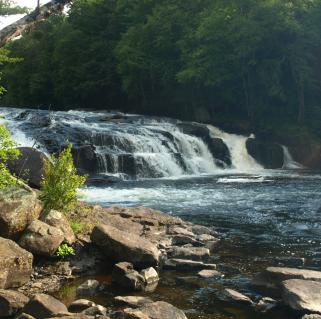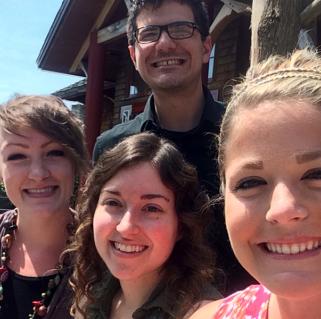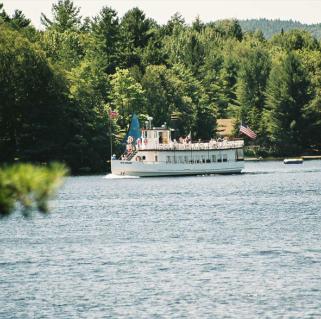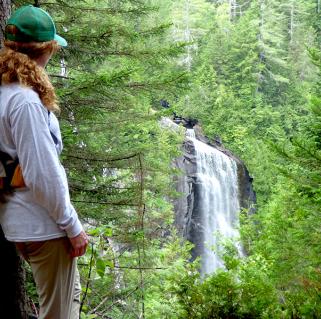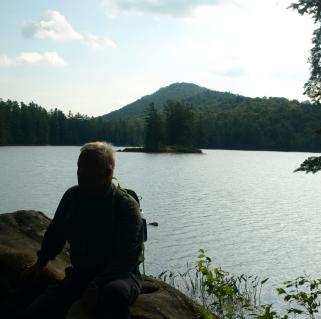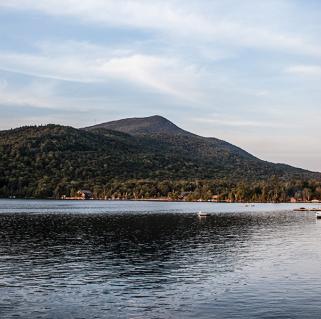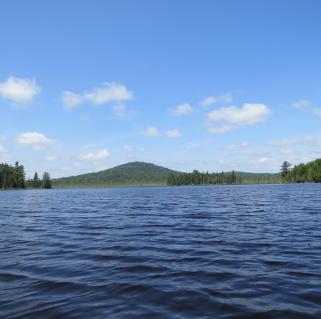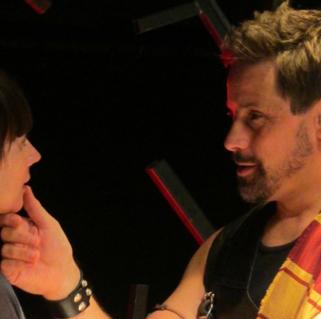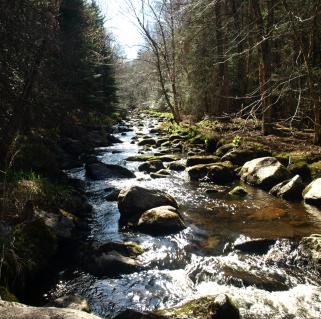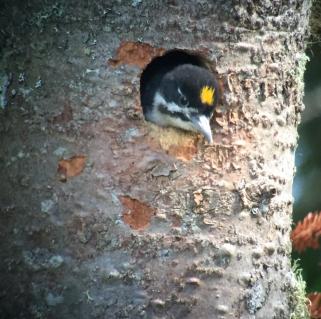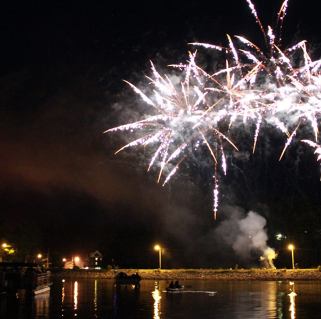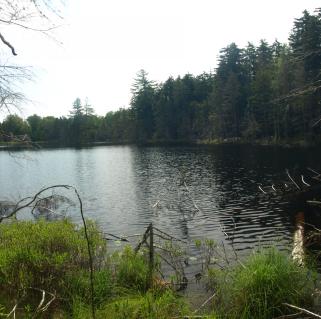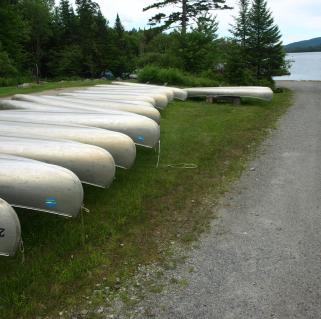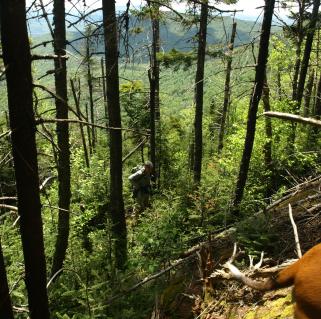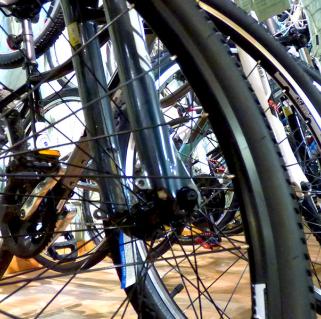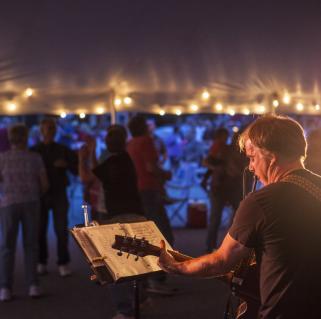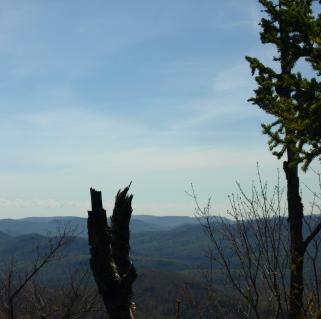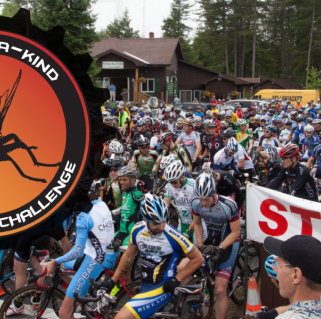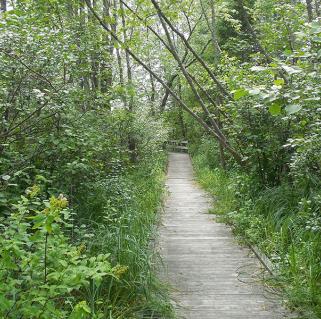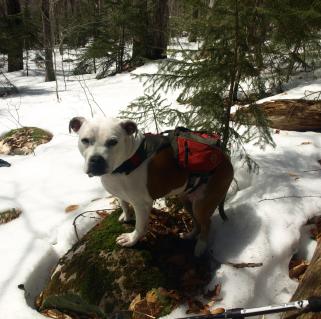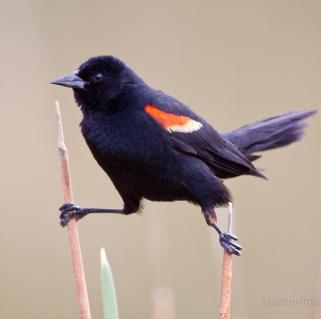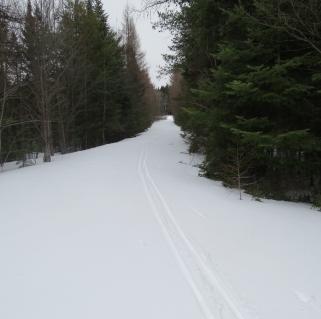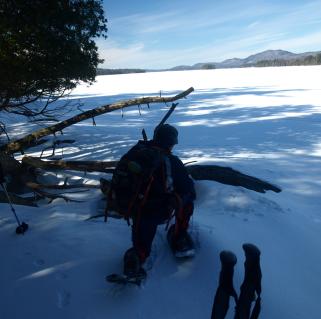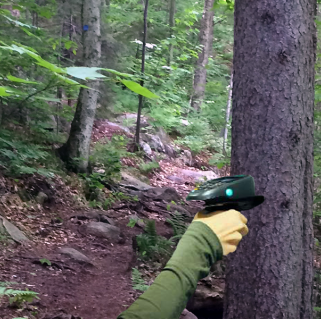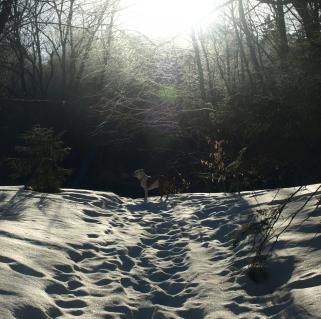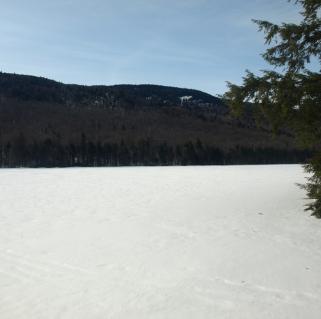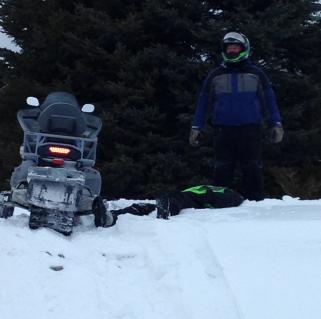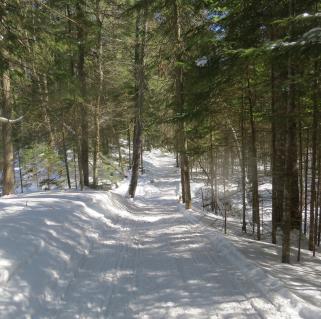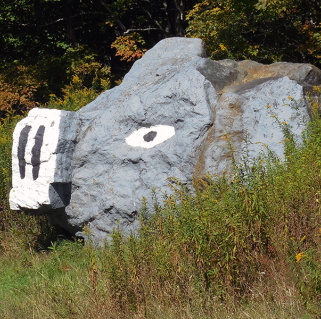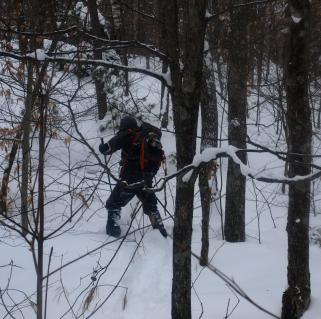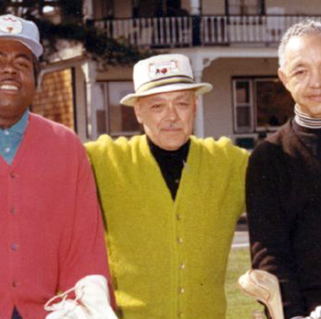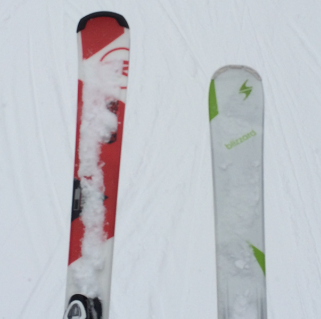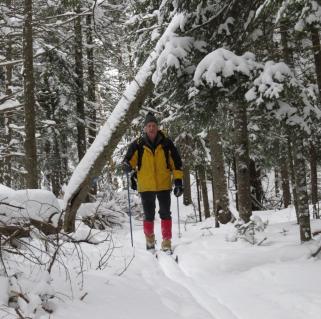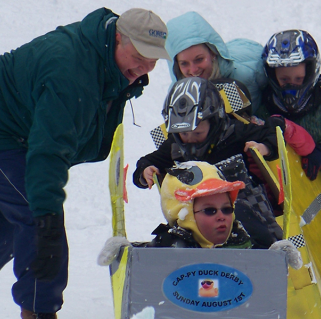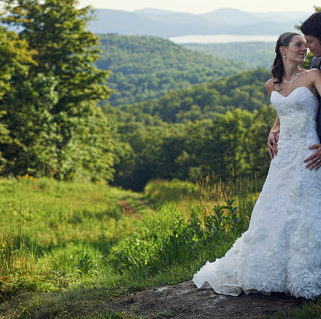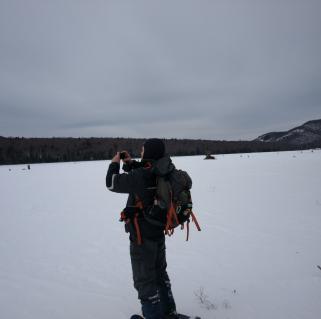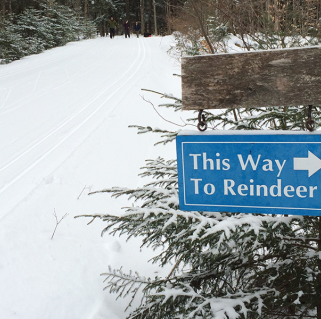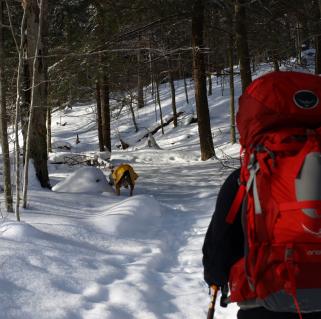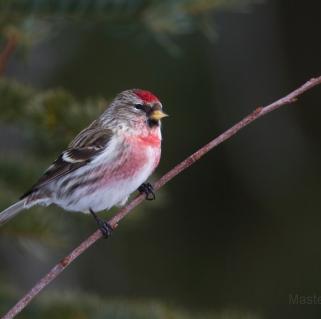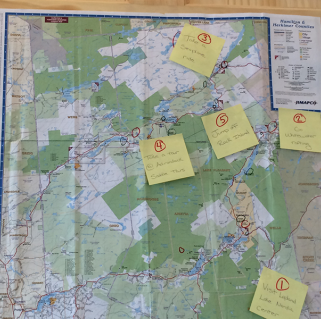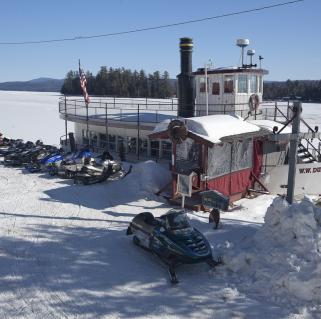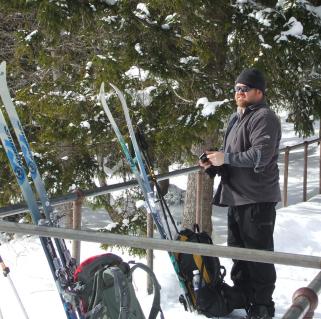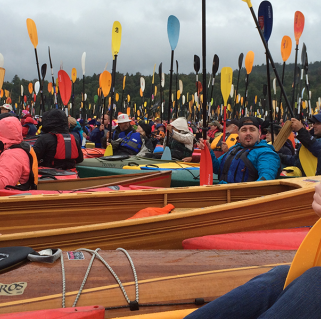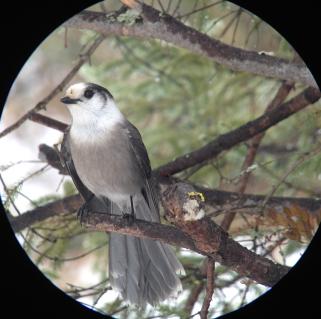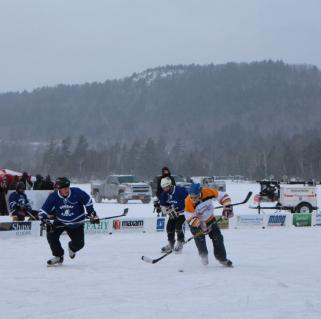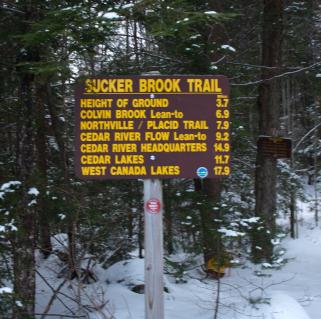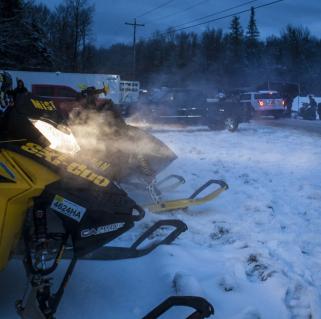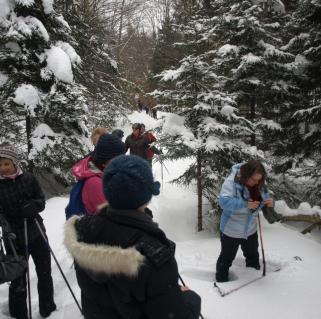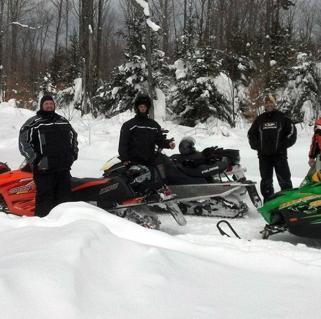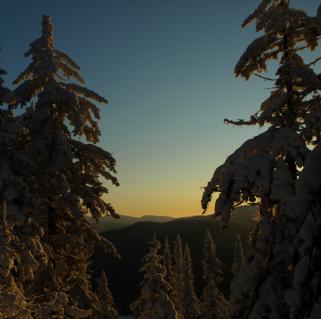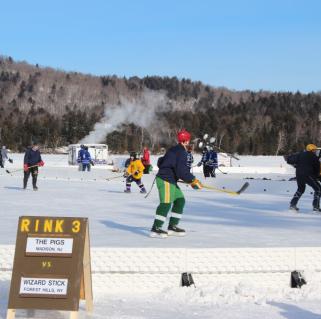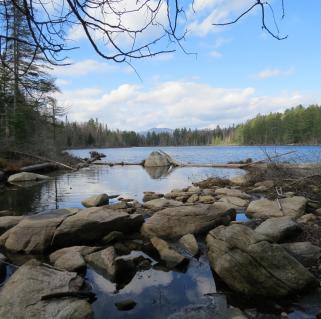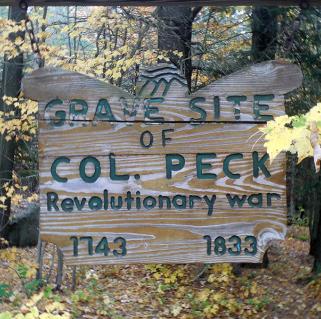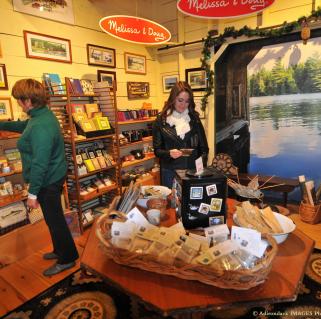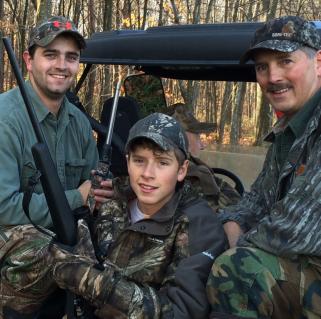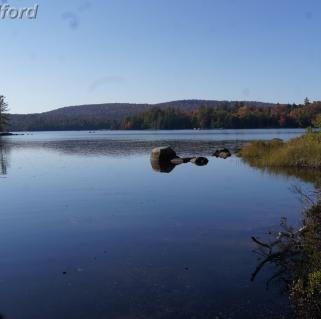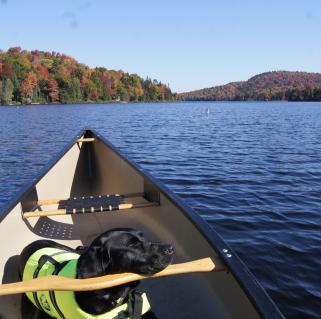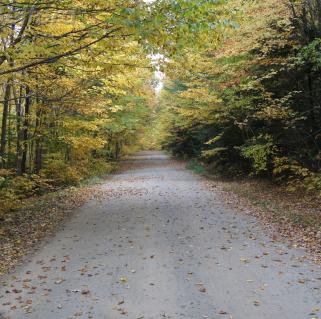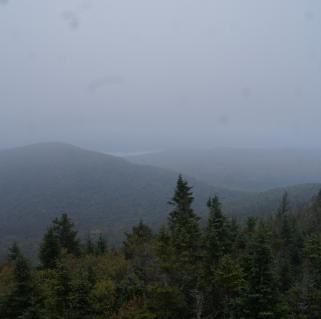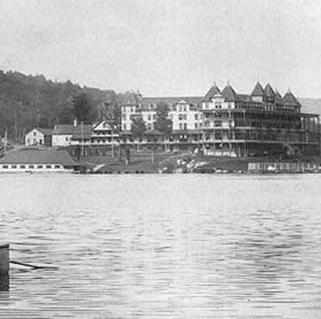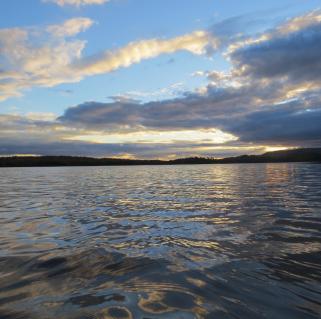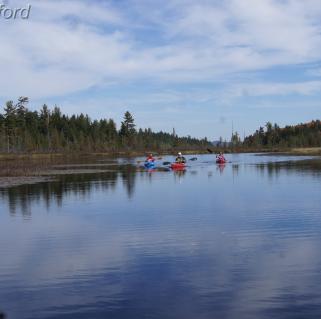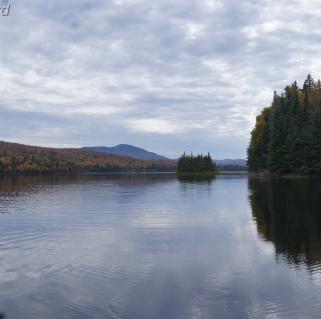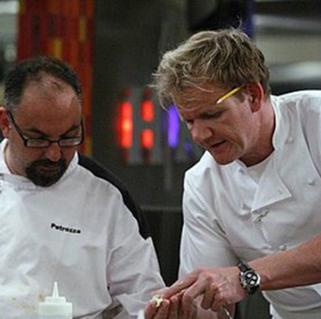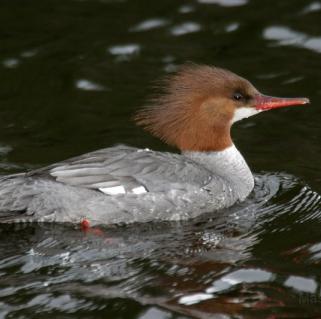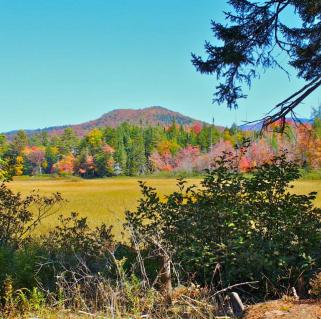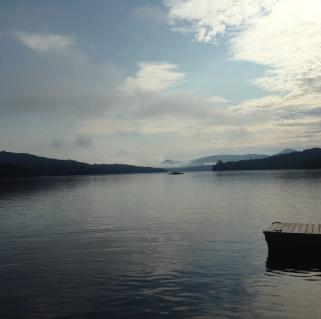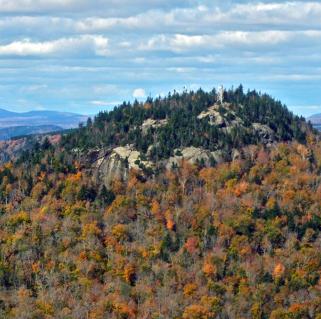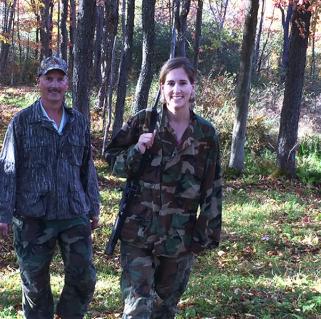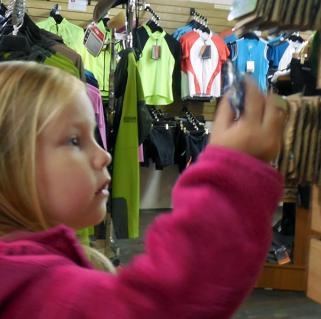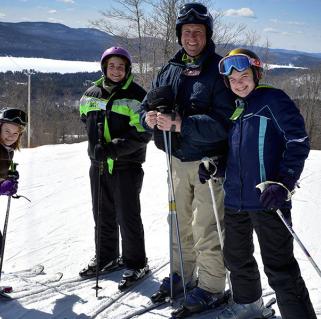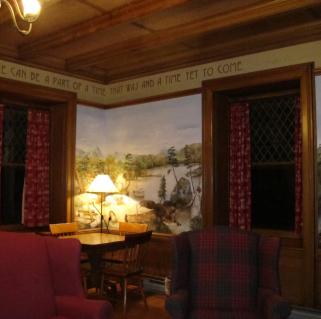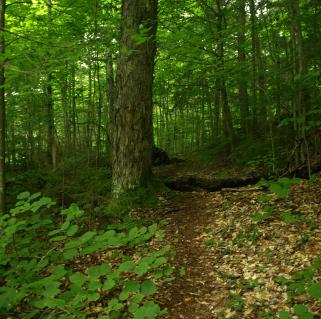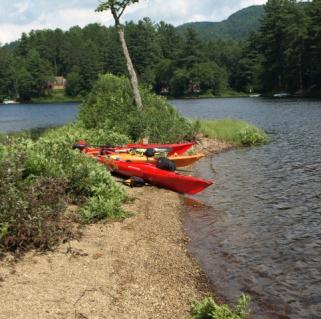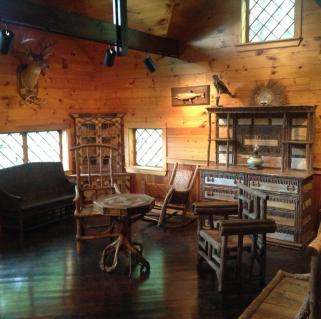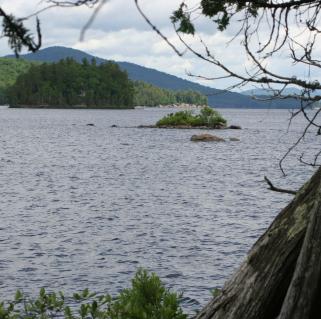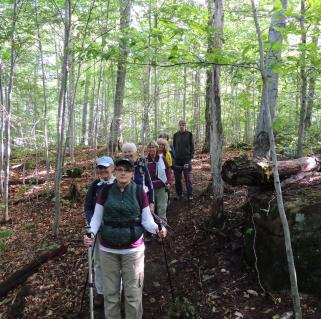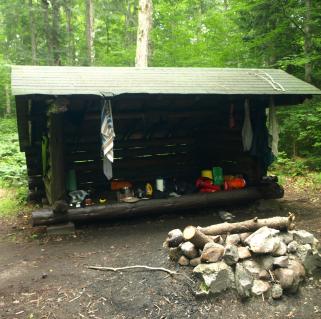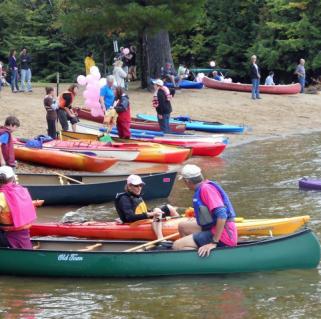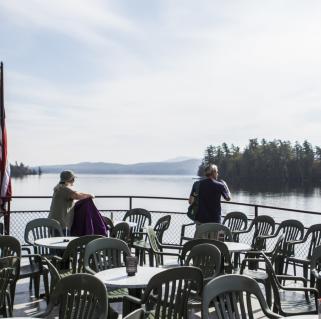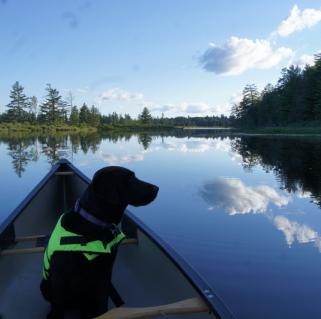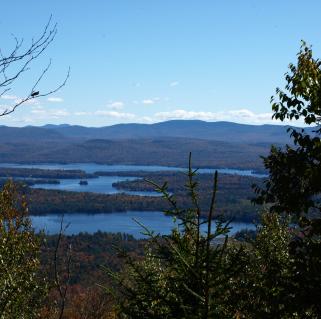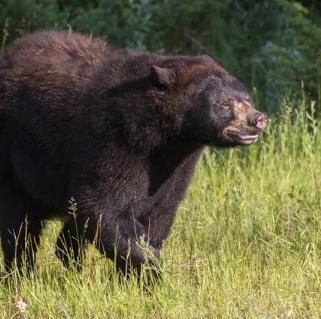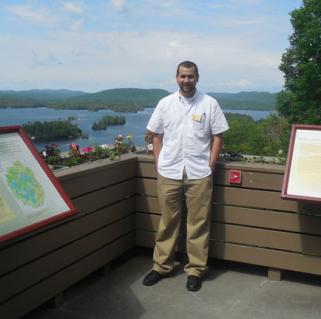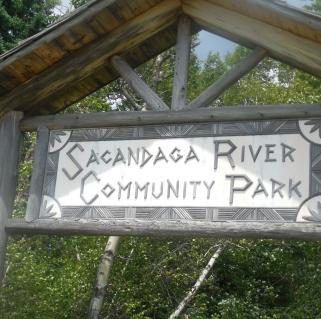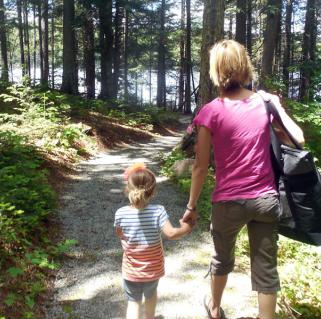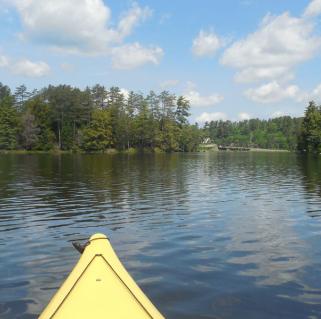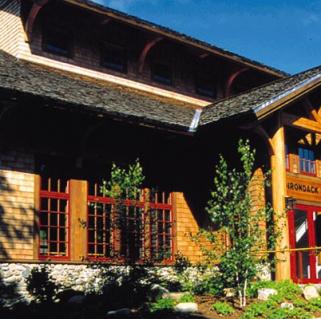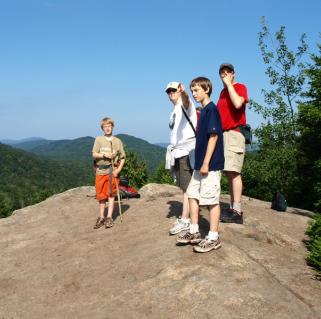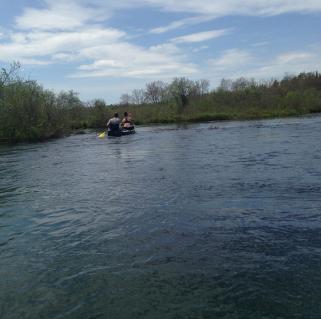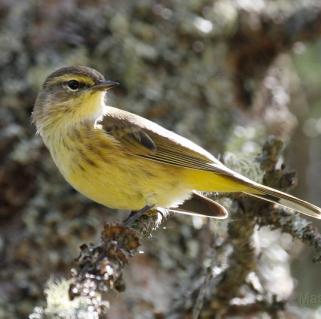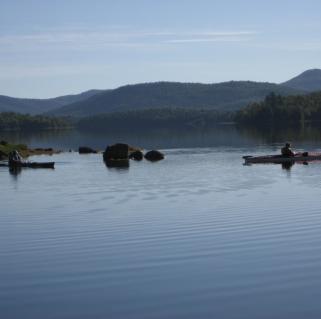This week's assignment: Learn to hunt
From 9 to 5, Monday through Friday, my life consists of many, many e-mails. Few however make me laugh as hard as the one than that I received a couple of weeks ago:
Date: September 17, 2014
To: Michelle Clement
Subject: Blog Schedule
Body: "For the week of the 29th can you learn to hunt?"
Me? Learn to hunt? Seriously? I'm not sure what part made me laugh harder: the thought of learning the art of hunting in less then two weeks; or picturing the expression on my dad's face when I ask him to teach me how to hunt.
Then I thought about it a little bit more and realized that this was a great opportunity; I do love learning new things, I appreciate a good challenge, and as a child I really enjoyed many of the elements of hunting. I remember how much I enjoyed spending hours at the loading bench with my dad filling shotgun shells. I remember being in the kitchen with him learning about gun safety as I helped him clean his hunting rifle. I even recall the fun I had firing the .22 at a rusted out old steel barrel target down at the shooting range. But most of all, I love venison! I knew I could do this. It might take more than 2 weeks, heck most take a lifetime to master the skill. But I knew that I could at the very least get my feet wet.
Where Do I Start?
Hunting is not a sport like skiing. It's not like I can go to a venue, rent some equipment, sign up for a two-hour lesson and at the end of the day: ta-da I am a hunter! With hunting there are safety courses you need to take, a license to acquire. Hunting is also a vague topic. What type of game will I learn to hunt: dear, bear, duck, partridge? Then, there is the gear! Where do I begin? Before I got overwhelmed, I decided to put together an action plan and talk to as many hunters as I could to get their insight.
There's a class for that!
I know I need to take the Hunter's Education Course (a.k.a. the Hunter's Safety Course) and I figured, what better place is there to start learning than in a classroom. I spoke to a few people that I know that are hunters, and to a few who are not hunters but have taken the course. They all stressed the same thing: the course was more than just a prerequisite for getting a hunting license. Both the hunters and non-hunters expressed the appreciation that they obtained for guns and gun safety by taking the course. Their feedback was so positive that I didn't hesitate, I immediately visited the NYS Department of Environmental Conservation's website to register for the next course in my area.
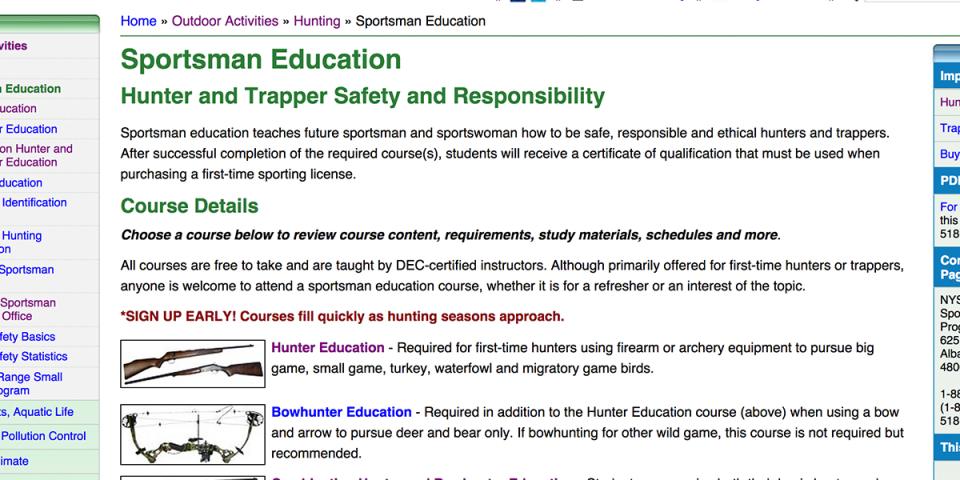
Unfortunately, when I logged on to the site to register, I hit my first little road block. In big bold letters it stated: "Sign up early: Courses fill quickly as hunting seasons approach," and they were not kidding! All of the upcoming courses - not only in my area, but across the State of New York - were completely full. As I read further, I learned that the NYS DEC website does also offer some online home study courses. An online course sounded convenient, but I worried that it would not offer the same kind of experience and training that I would get if I were sitting in a room with an instructor and other beginner hunters. So, before I went any further I decided to contact the NYS DEC Sportsman Education Office.
Hamilton County is in Region 5 "Eastern Adirondack Park / Champlain Valley Region." When I called the Region 5 Sportsman Information Office I spoke with Allison; she confirmed the courses in the fall traditionally fill quickly. The next round of courses will most likely be scheduled for the spring and she recommended that I sign up then.
Then I inquired about the online home study course. I was informed that those were also sold out in my area. For future reference, I asked her how the online course works in comparison to the traditional class and she explained that with the online course you will need to either call up DEC or contact your instructor to pick up a workbook. Then on the DEC website there are a few different options for the online course. Two of the options you have to pay for, however, the third option is free. When you take the home study course online you do not need to be present for the classroom instruction portion of the Hunter's Education Course, however you do need to be present for the field day portion. In order to participate in the field day portion, you will need to present your completed workbook or the instructor will turn you away.
After getting off the phone with the Sportsman Information Office, I decided that I didn't want to let the fact that I couldn't sign up for the course stop me from moving forward on my quest. I have a lot to learn about hunting, so I decided to continue on as I wait for the spring course dates to be announced.
Hunting Apprentice
It doesn't matter how old I get, I never stop learning from my parents. As far back as I have memories of my childhood, I can remember my dad going to hunting camp. I knew he would be the perfect person to teach me to hunt. But my desire to have him be my teacher is not only because he is my dad, I actually have evidence to back it up. What evidence? Believe it or not, my little brother shot his first buck on the first day of hunting season, during the first season he was old enough to obtain a hunting license. Some might say it is beginner's luck, but I am sure my brother's skill has something to do with the instructions he learned from our father.
So I called my dad and explained my Hunter's Education Course debacle. I went on to say that I learned on the DEC website that a non-hunter (me) could tag along with hunters (my dad and brother) while they are deer hunting, as long as I don't actively participate. He didn't hesitate (or at least I didn't notice a hesitation) when he said that I could join them this year. I asked him if there is anything that I should learn about before our first outing and he invited me over to look through their hunting gear so that I could be dressed properly.
Dress for success!
On a 70 degree fall afternoon (a.k.a. Indian Summer), I went over to my father's to look at his hunting gear in preparation for the upcoming season. When he first opened the large bag of camouflage clothing my response was, "I'm going to freeze in that!"; he explained that this was their warm weather clothing that they typically use during bow, muzzleloader and some early season days. Then he proceeded to show me their cold weather gear. This was more along the lines of what I am used to wearing during ski season (but in a different color tone). The pants and jacket are insulated, waterproof and tear resistant. But they felt softer than my jacket and bibs, most likely to reduce the noise you make when you are following the trail of a white-tailed deer.
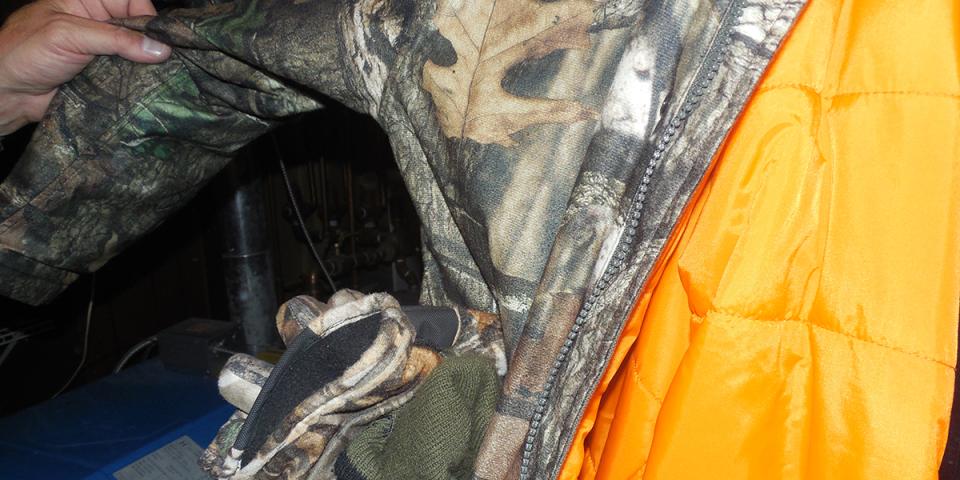
I also learned that I will need a good pair of waterproof muck boots, a warm hat and insulated gloves.
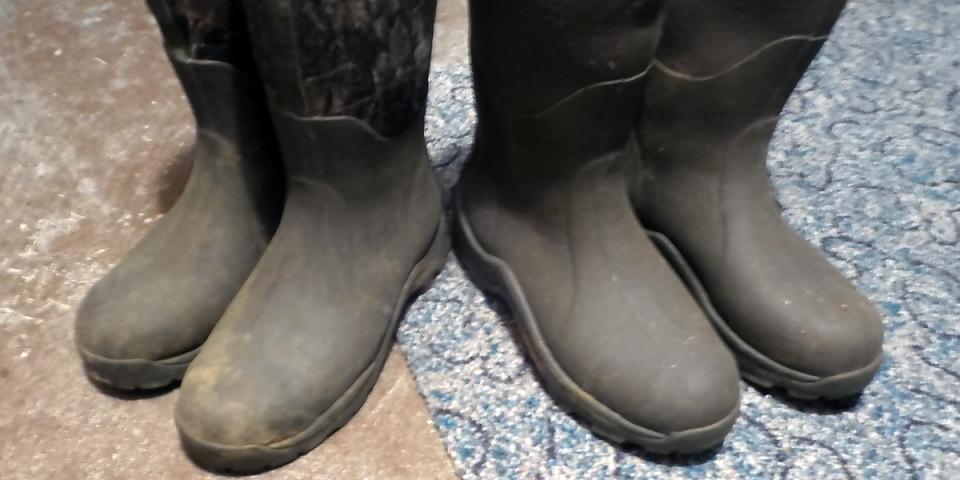
Then we got dressed and took a walk through the wooded area behind the house. Since it was warm out we had chosen to go with the warm weather gear. Even in the light-weight pants, boots and jacket, I realized that bushwhacking with all of the gear on was going to be different than hiking on marked trails in sneakers and shorts. But it made me excited for the upcoming hunting season and the opportunity to experience it alongside my family.
Firearm Safety
Part two of lesson one with my father was learning about gun safety. Even though I don't need a license to follow them during hunting season, and even though I will not be carrying a gun, he stressed that I still do need to learn gun safety before our first outing.
- I learned that if I am handling a gun I always need to be aware of where the muzzle is pointed; even if a gun is not loaded (like the one I was caring). The muzzle of the gun always needs to be pointed in a direction that would not cause injury if it accidentally went off.
- The safety needs to be on and my finger should not be on the trigger until I have aimed the gun and I am ready to fire. That one was kind of hard, since naturally when I pick up a gun, that is where I want to place my "trigger finger."
- I also need to be aware of where others are standing in relation to me, I should never stand in front of, or too close to, someone shooting a gun.
Properly Holding a Gun
For the third part of my first hunting lesson, my dad taught me how to properly hold the gun. I wanted to place the gun under my arm until he explained that I need to brace it by placing it firmly up against my shoulder. Finally, I learned how to use the scope and focus in on different marks he pointed out to me in the woods.
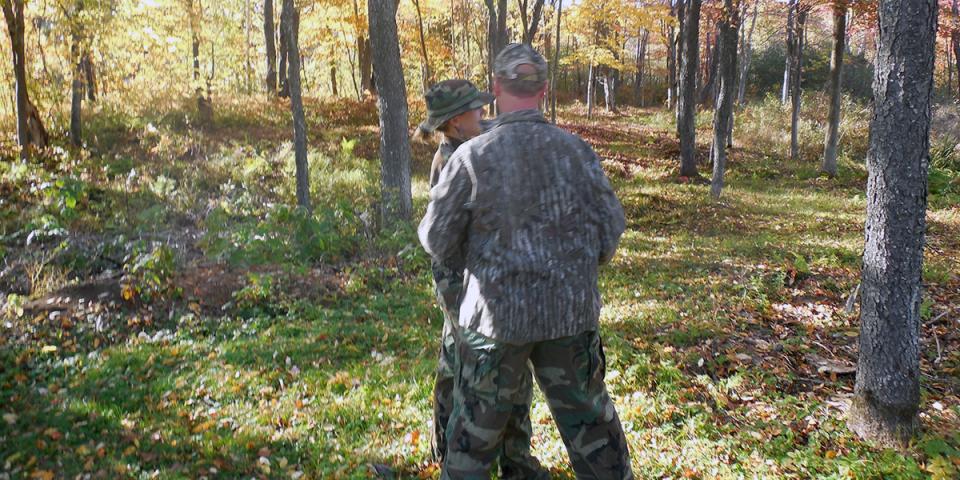
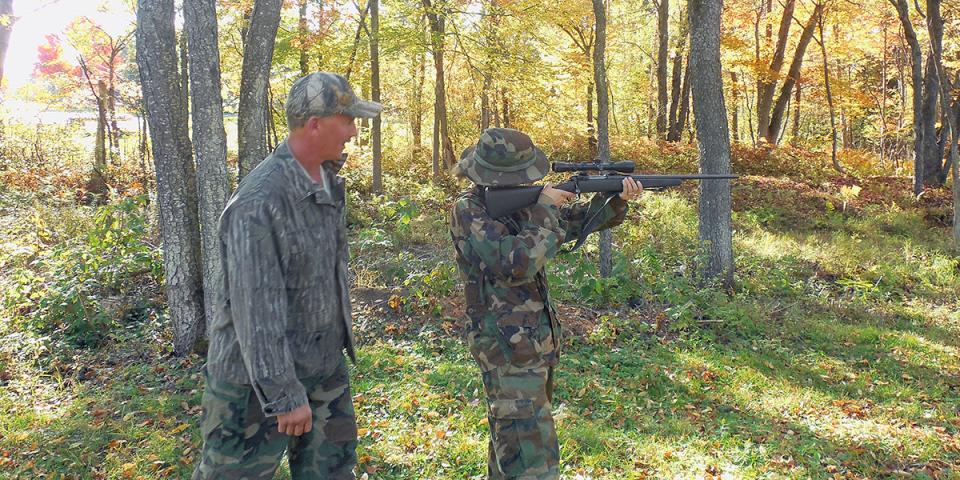
To Be Continued...
So as I had suspected, after only two weeks I am not officially a hunter. But I have learned a lot so far and I have put together a good plan to guide me along the way. Most importantly, I have found someone to teach me to hunt. I highly recommend that if you are looking to learn to hunt you find someone to apprentice with: seek out a friend or family member, or someone from work or your church. If you don't know someone who hunts, or you are simply looking for expertise in the field, I would recommend finding a certified hunting guide.
As for me, I still have a couple of lessons planned with my father before I head out with them this hunting season. Make sure to check back as I continue to report in on how my hunting adventures continue. Read Part 2 here.

